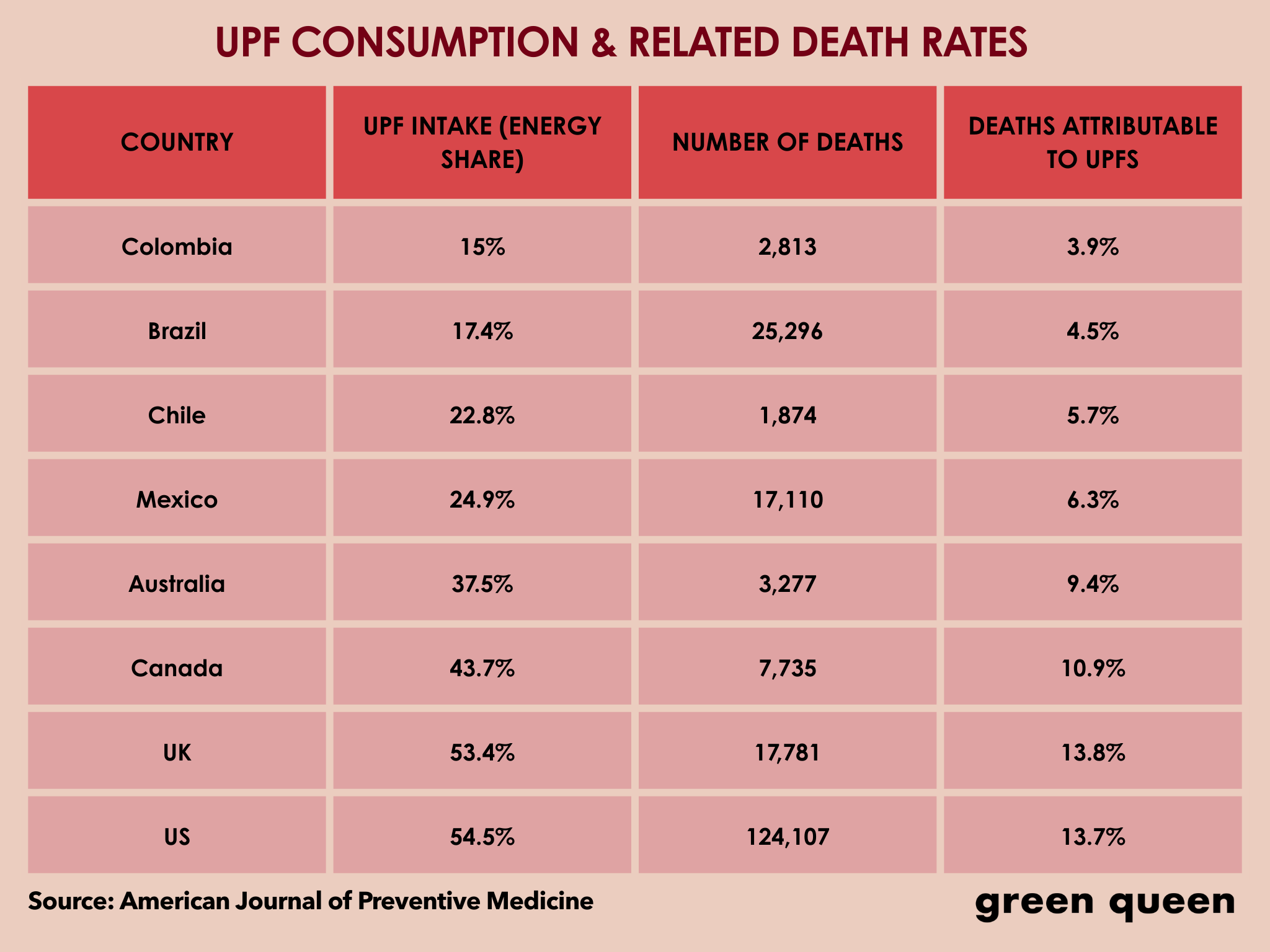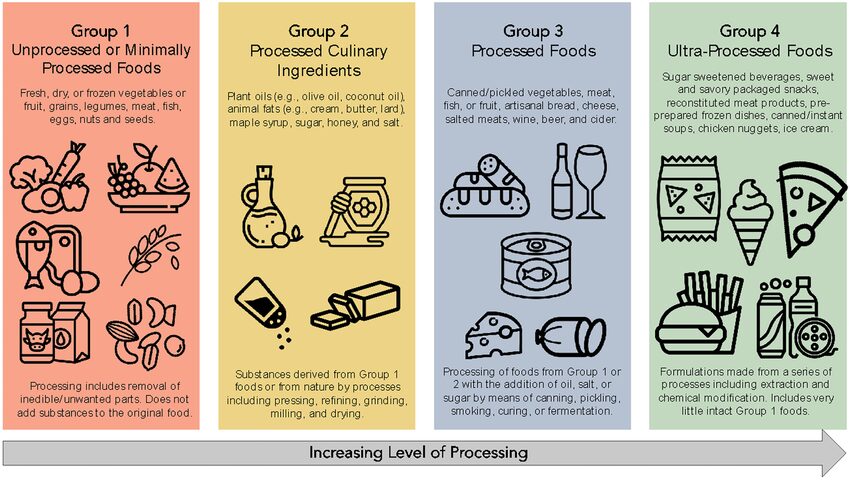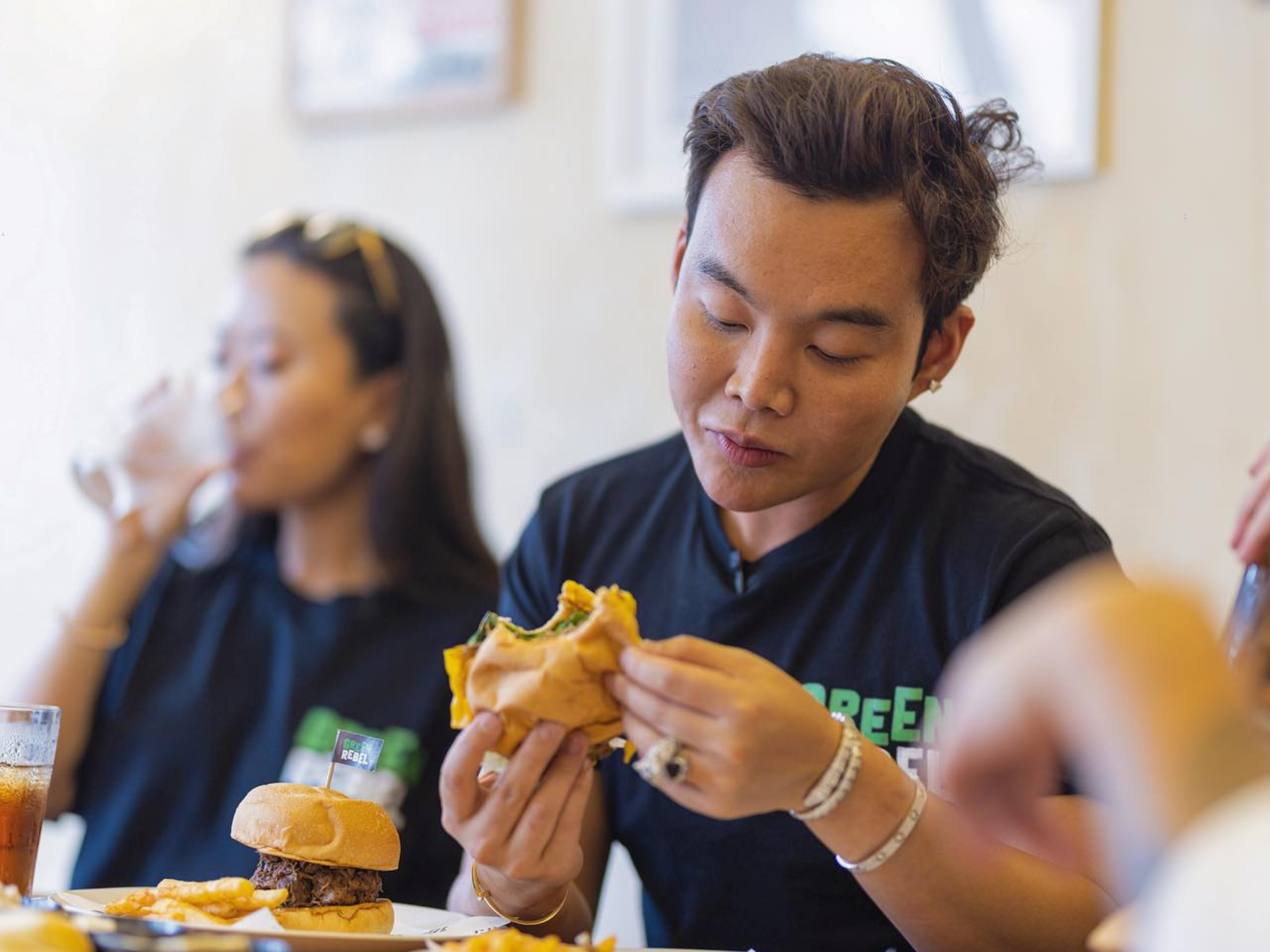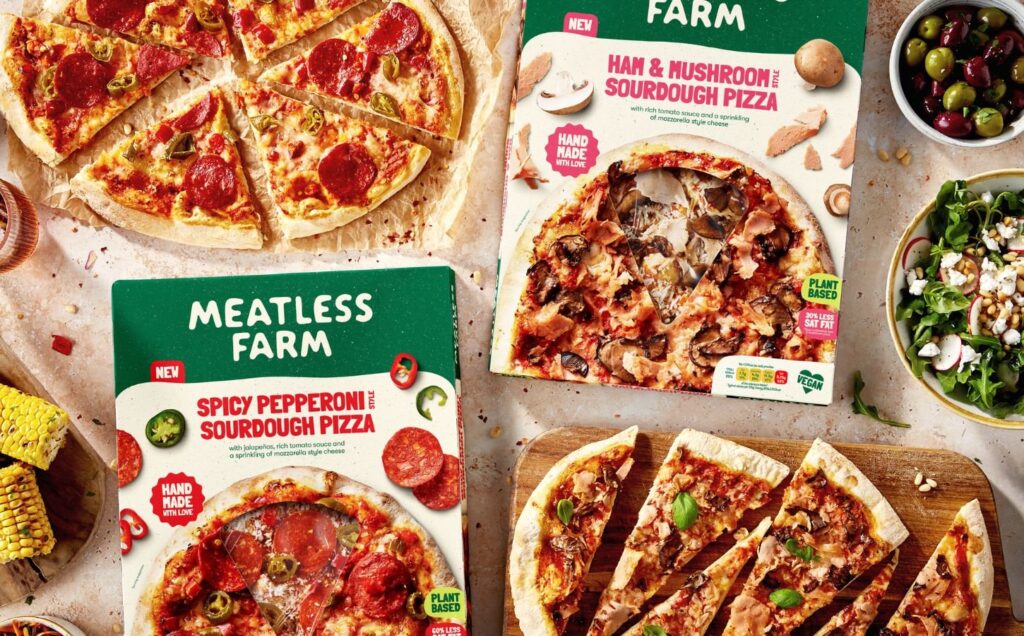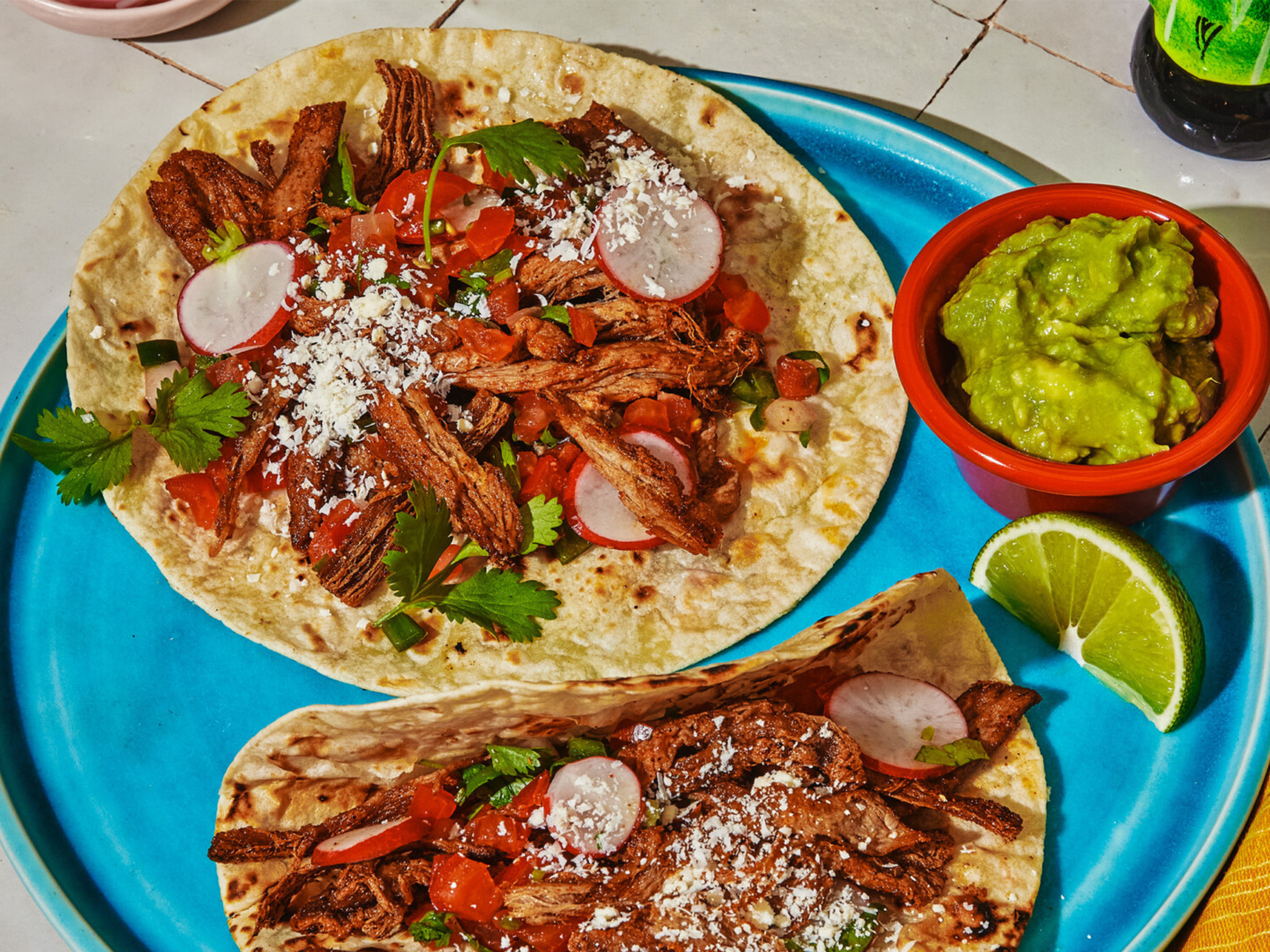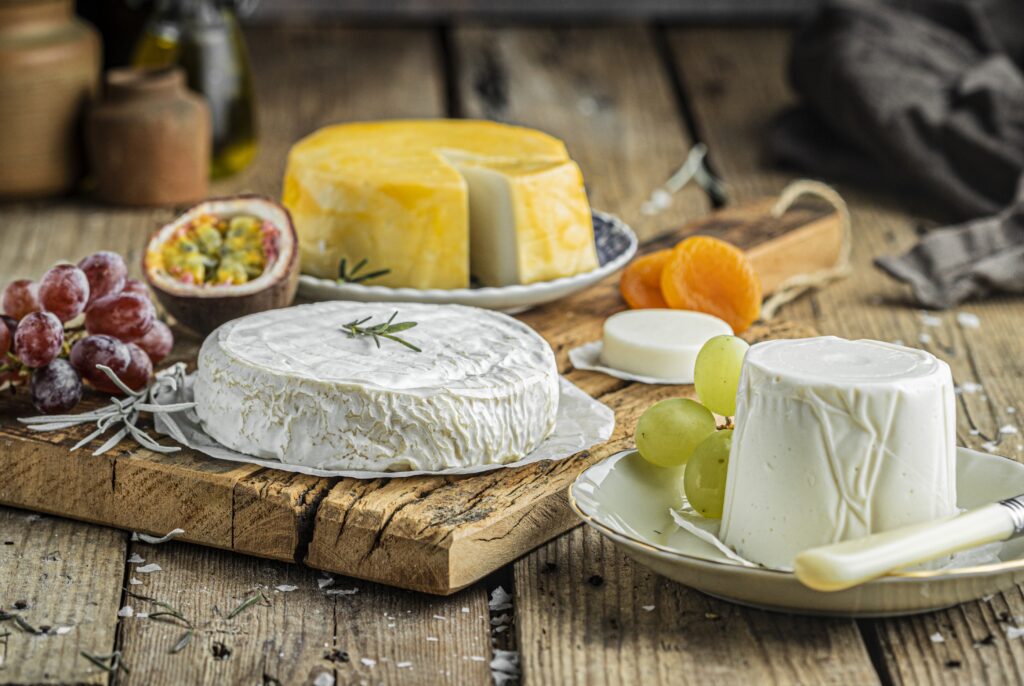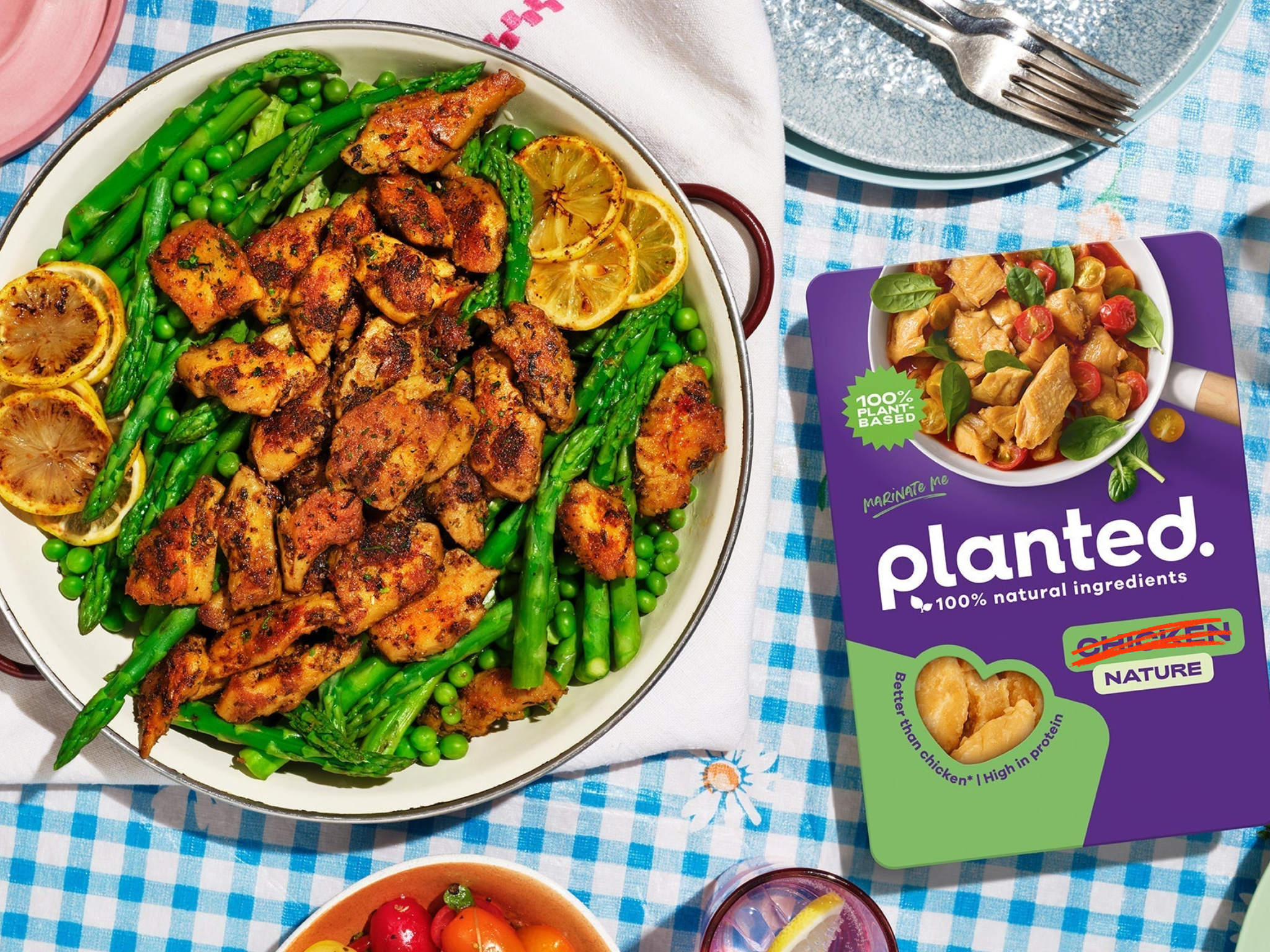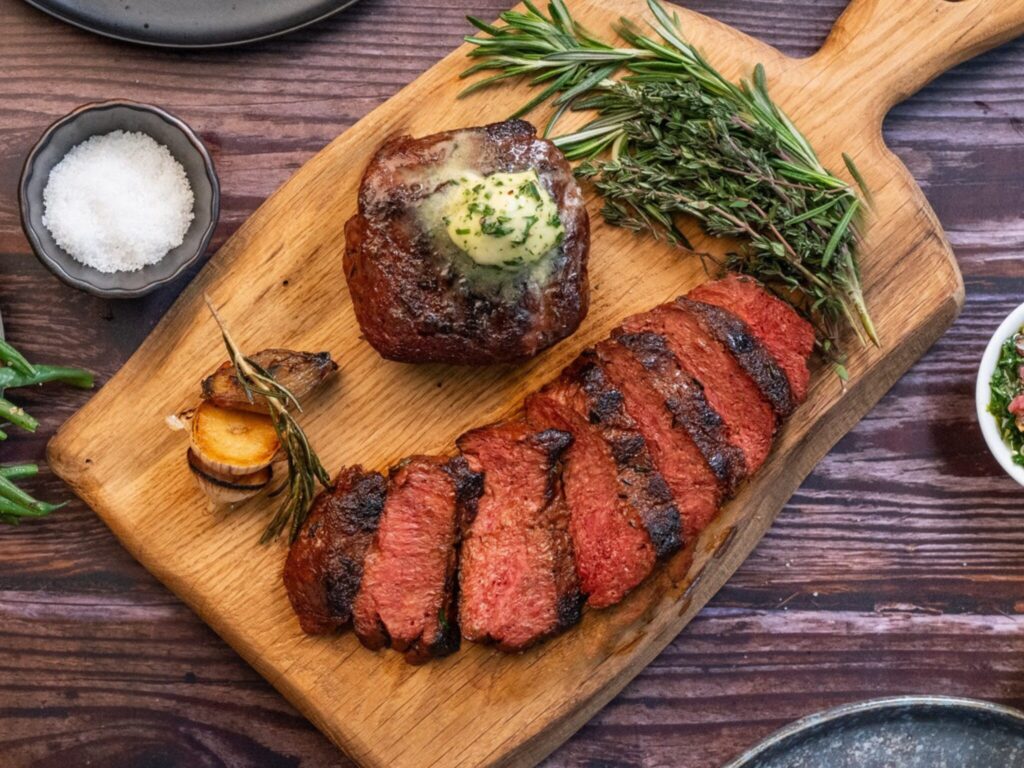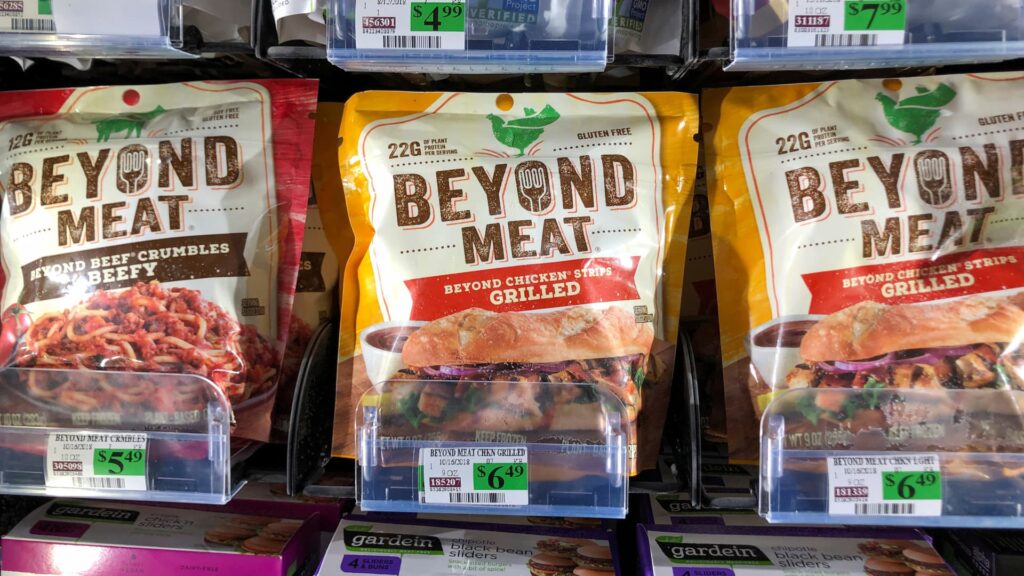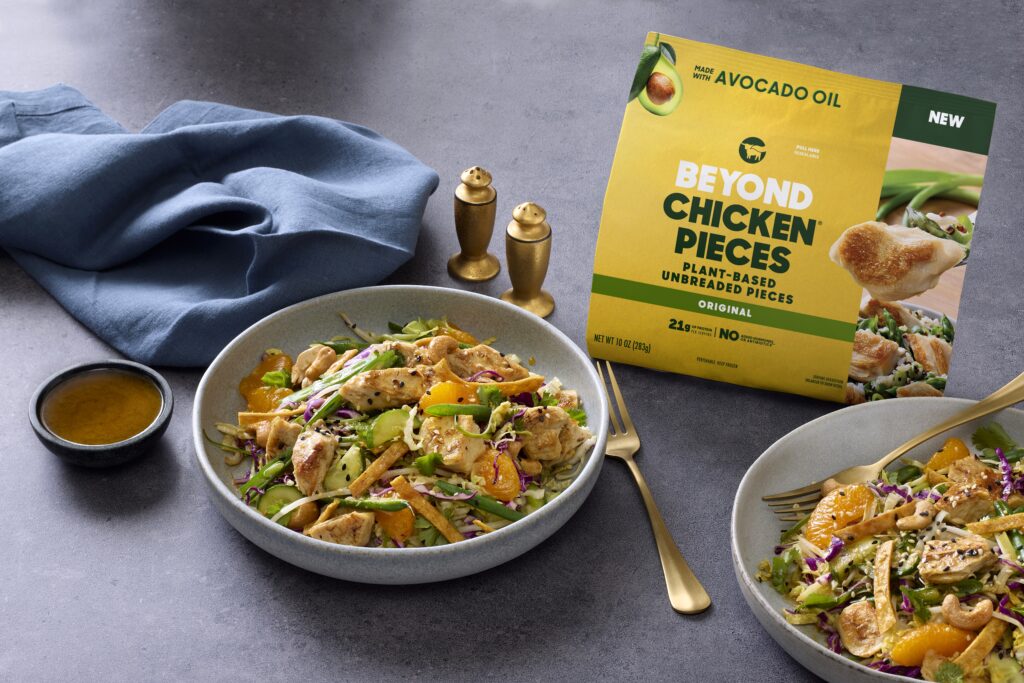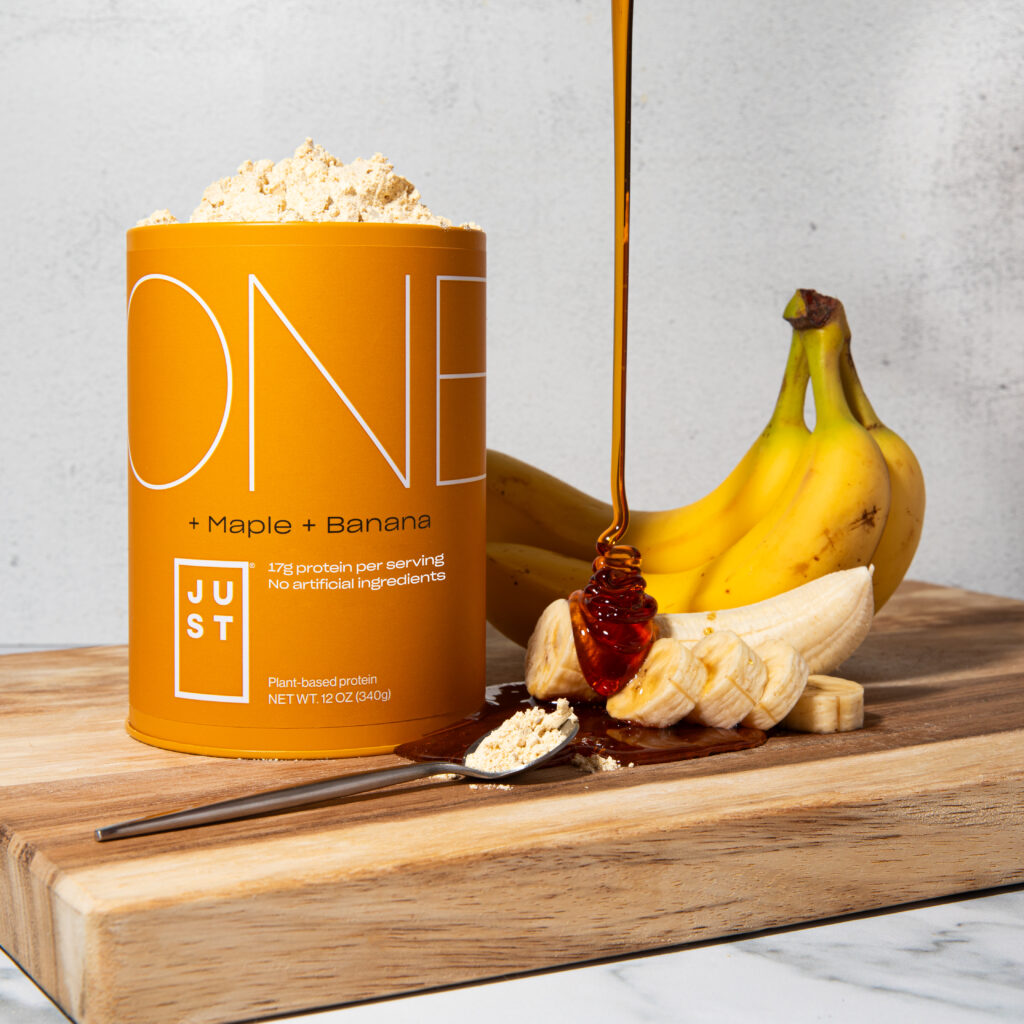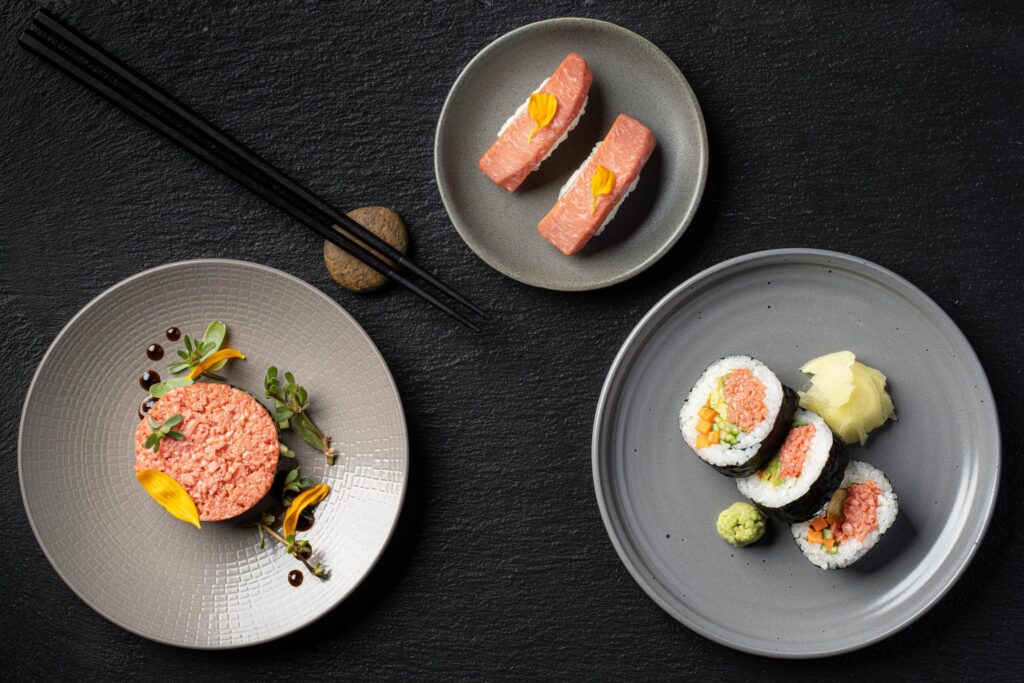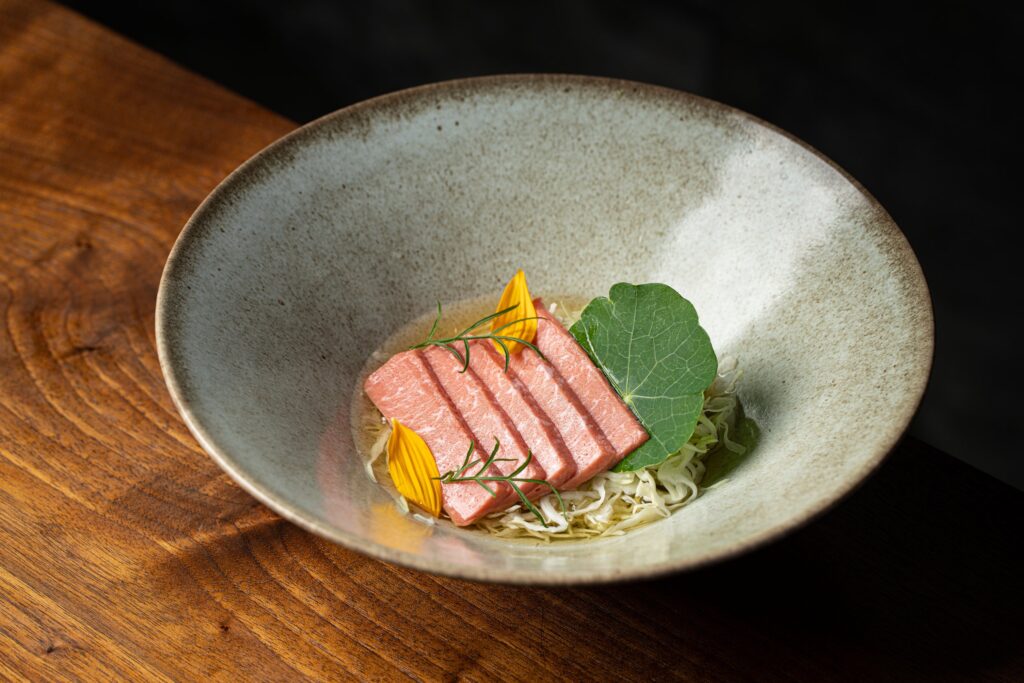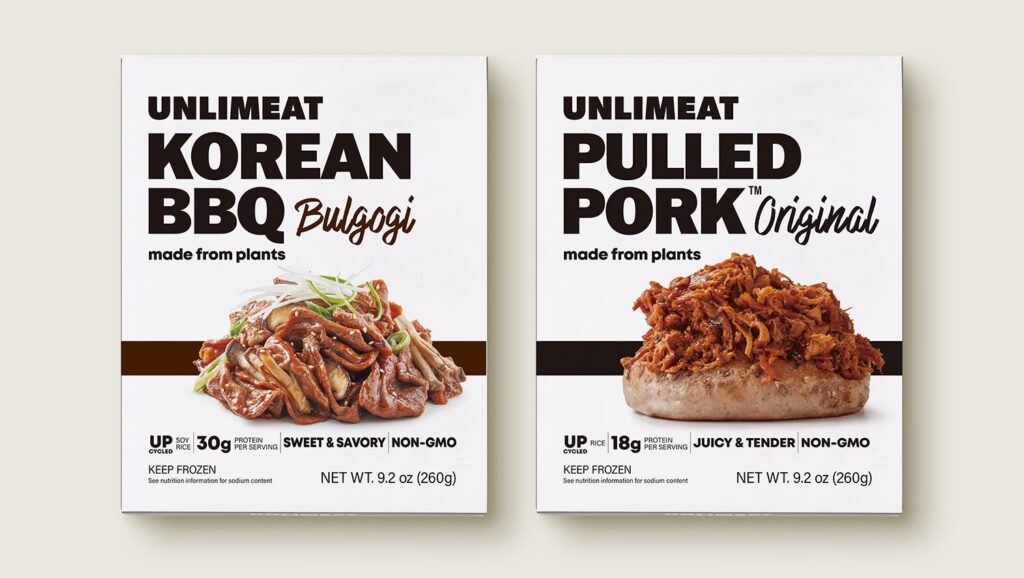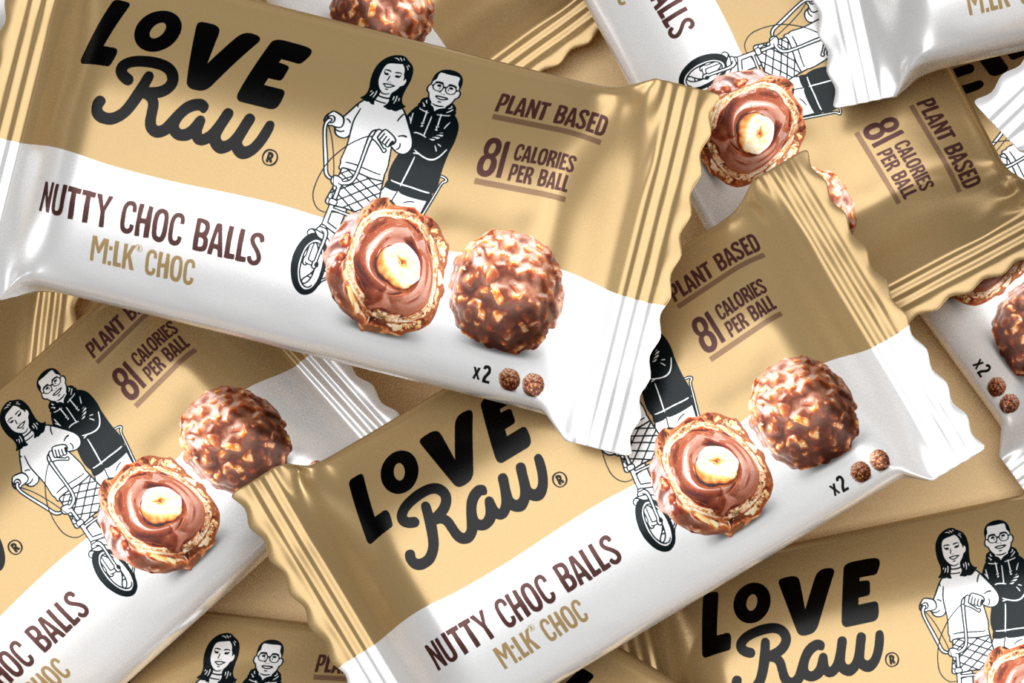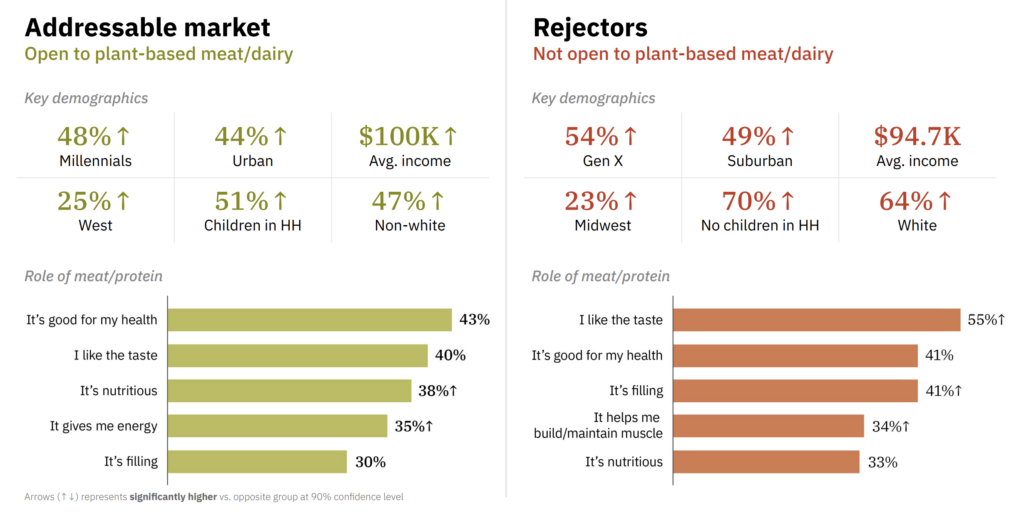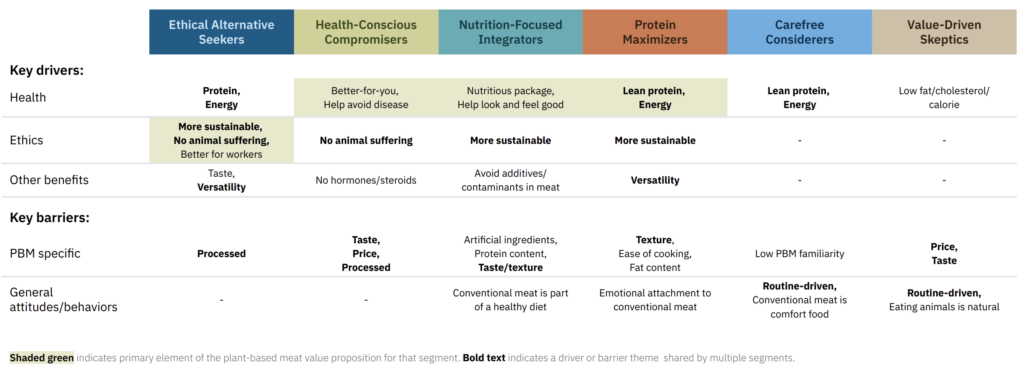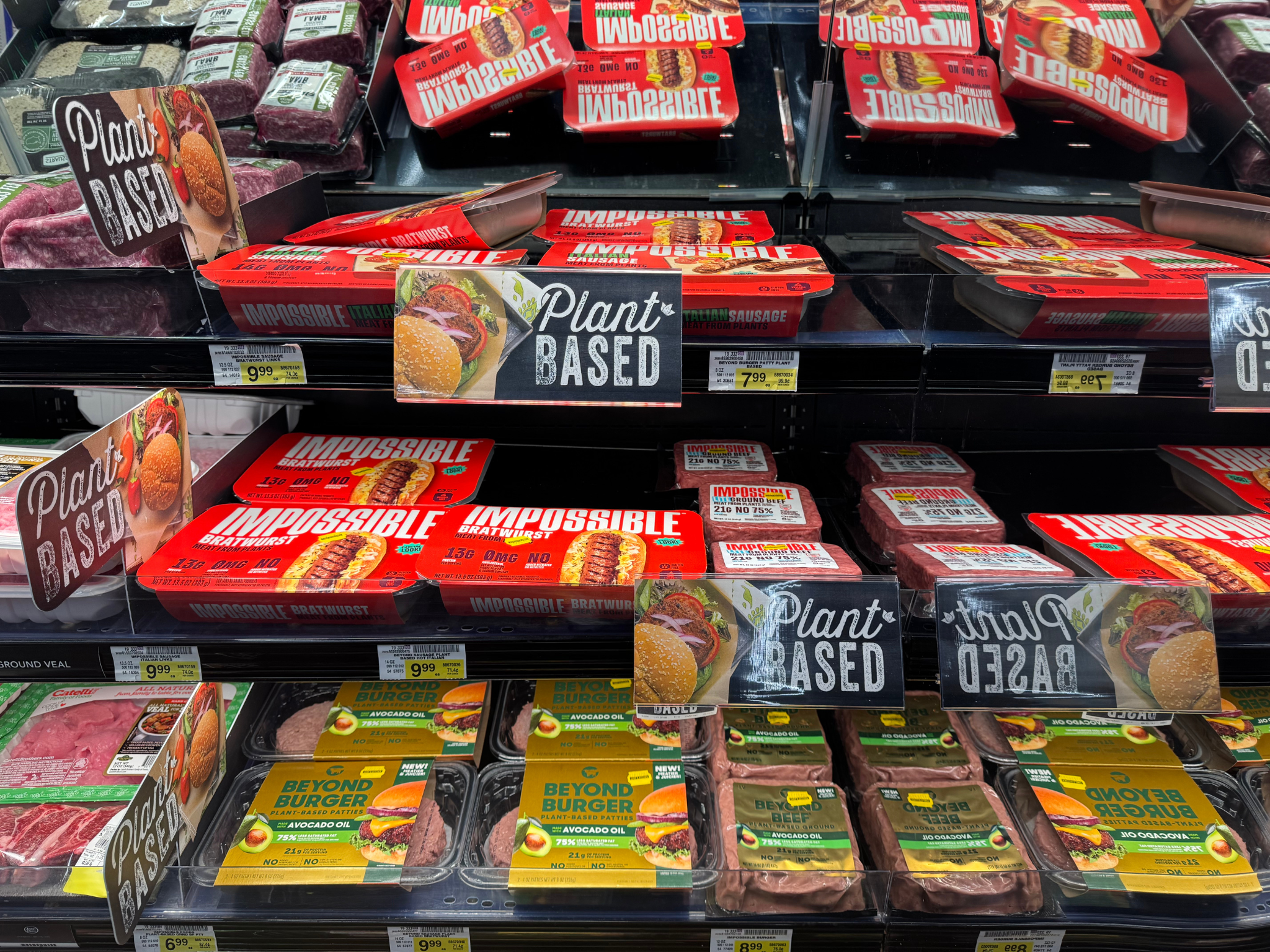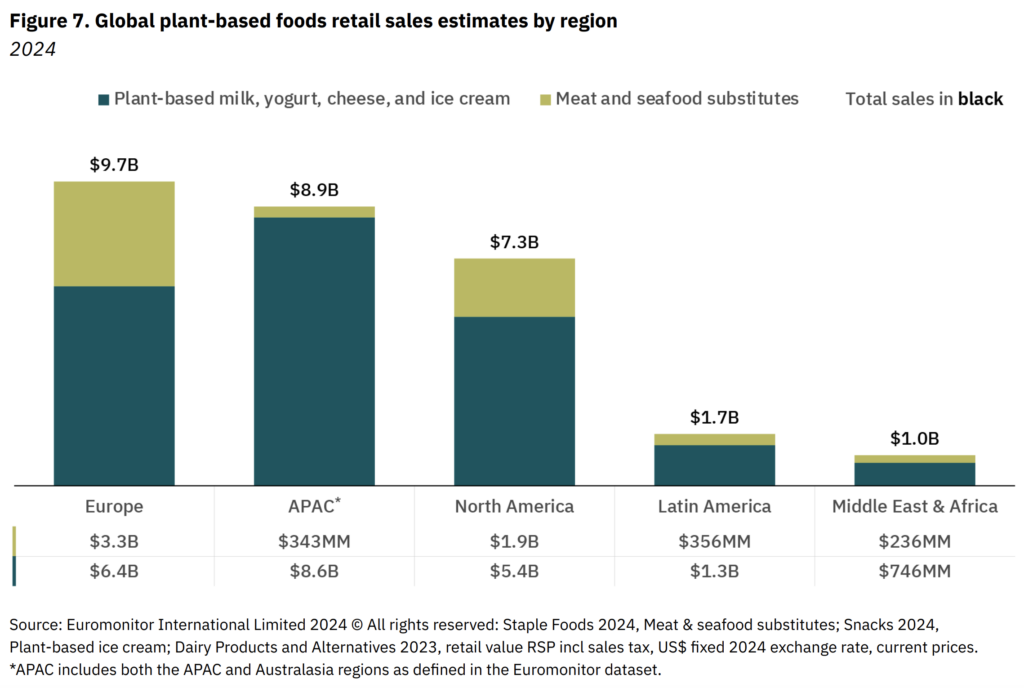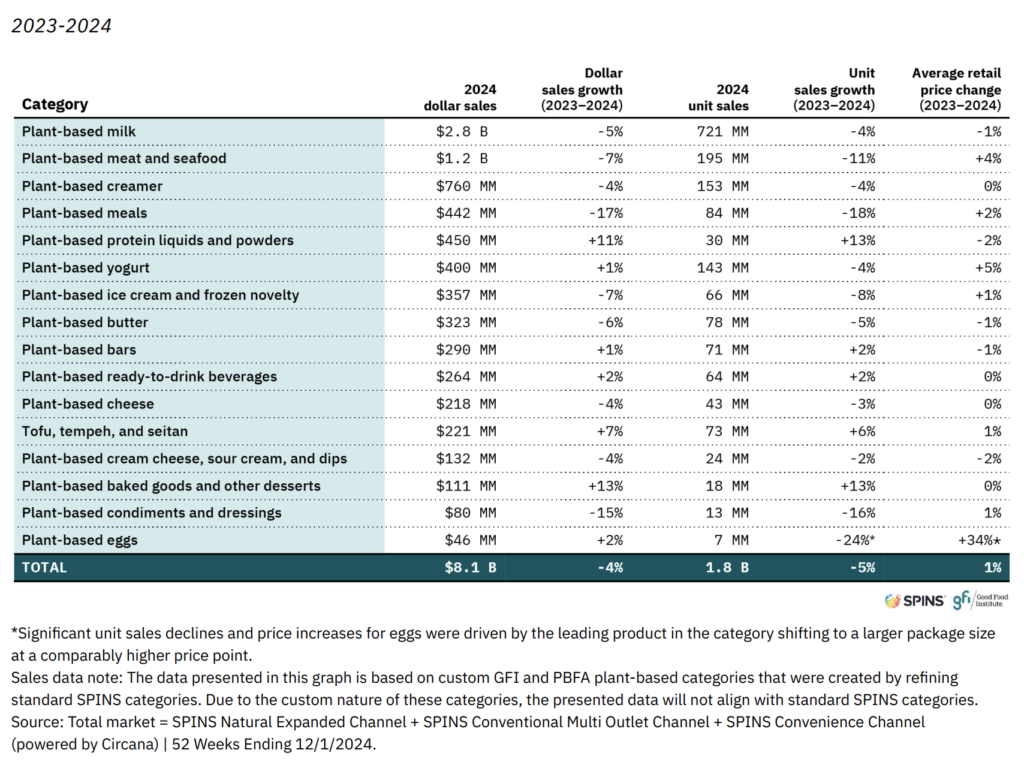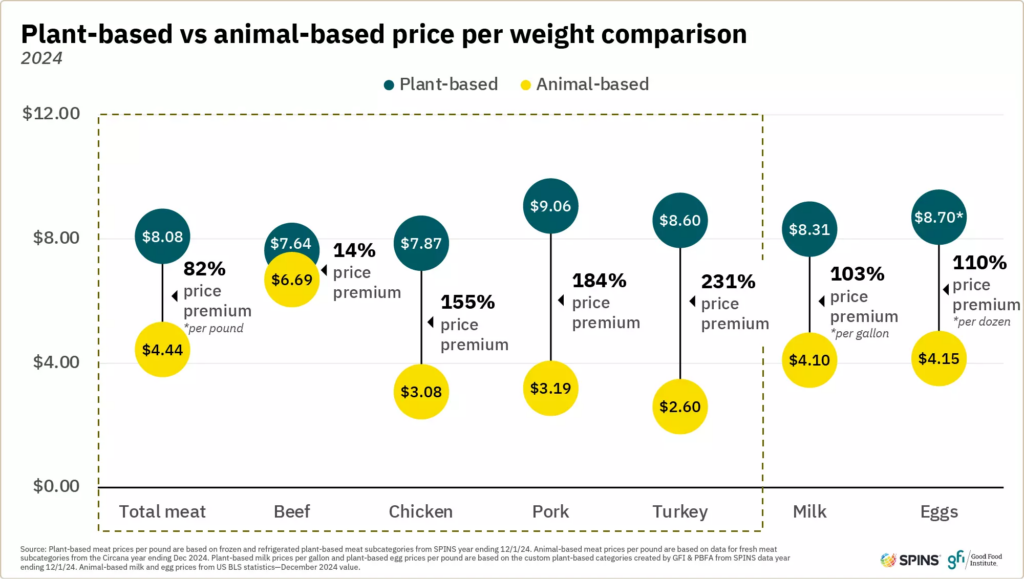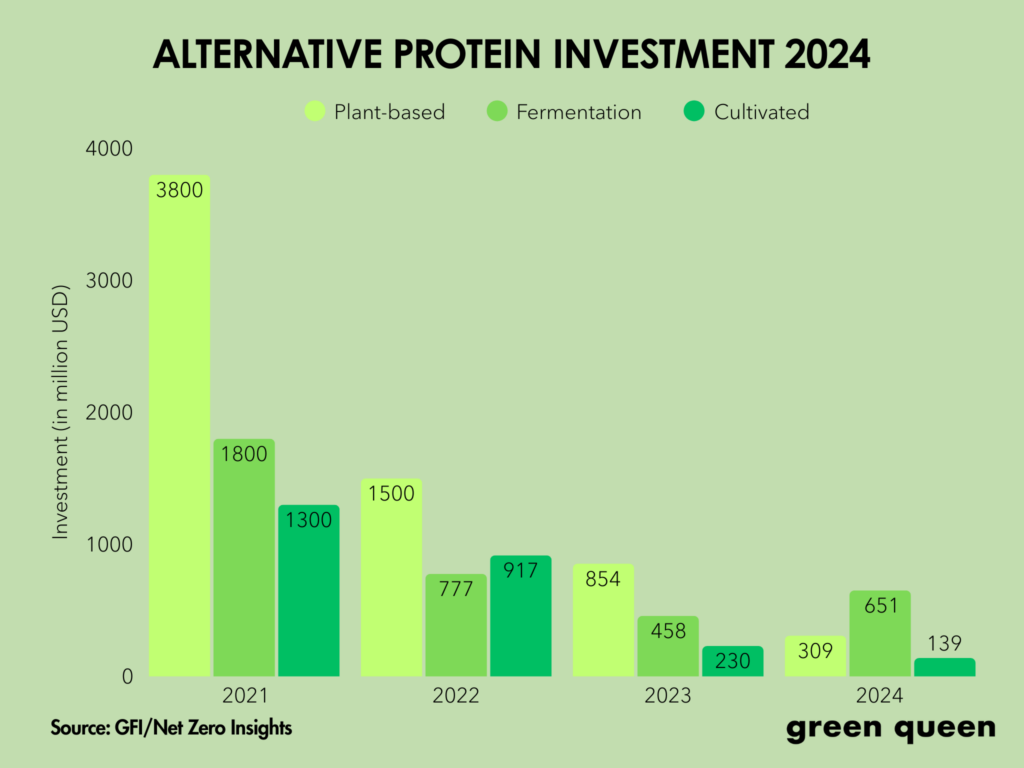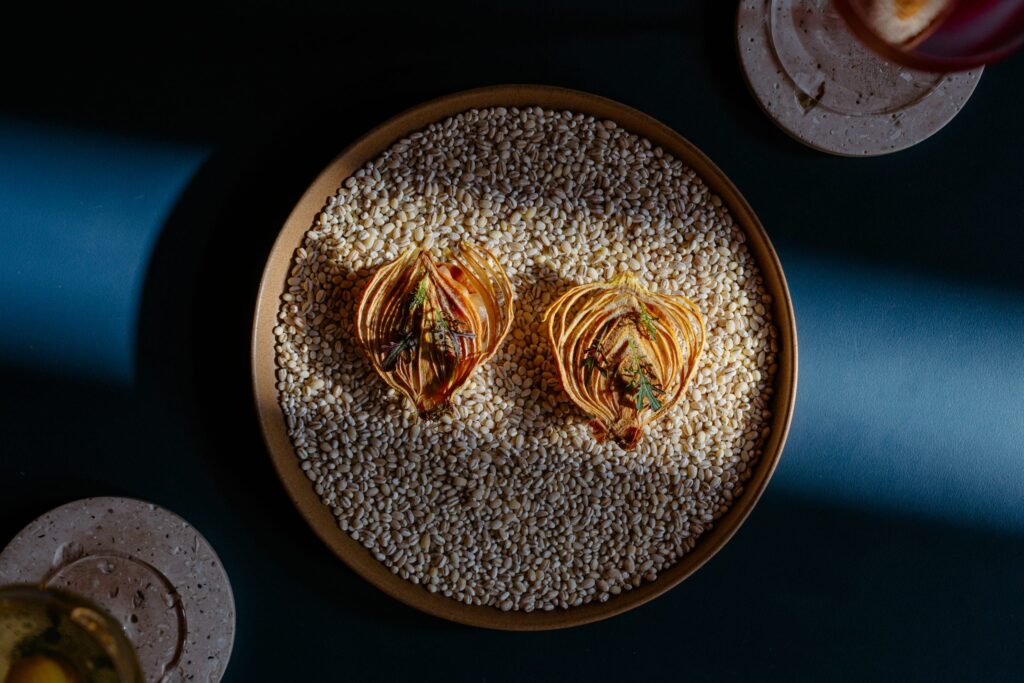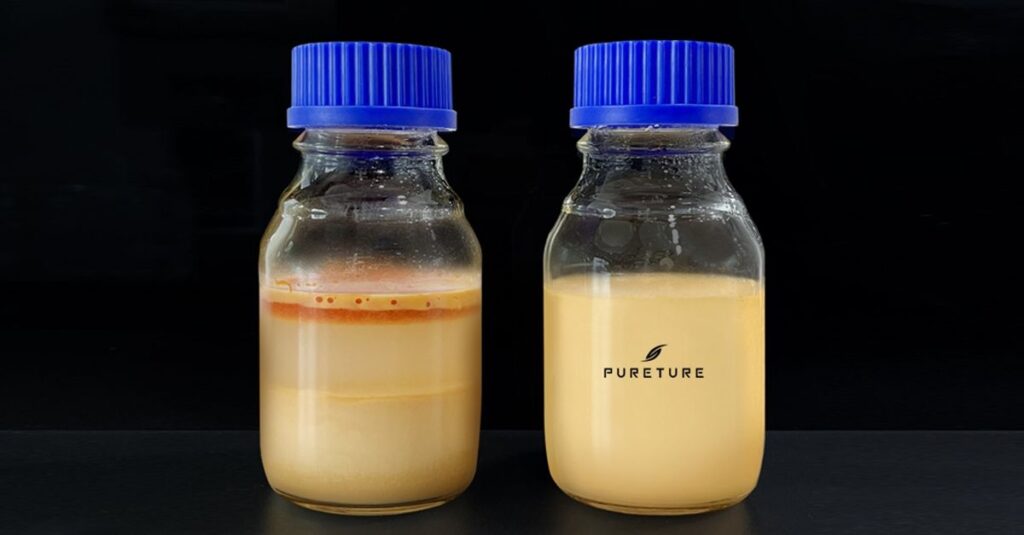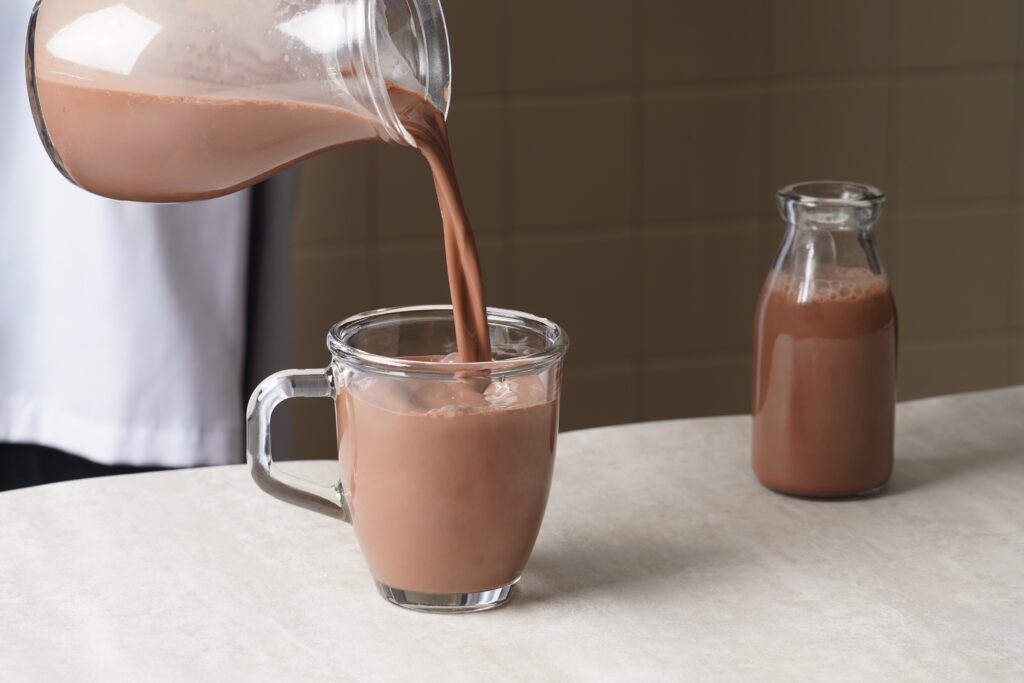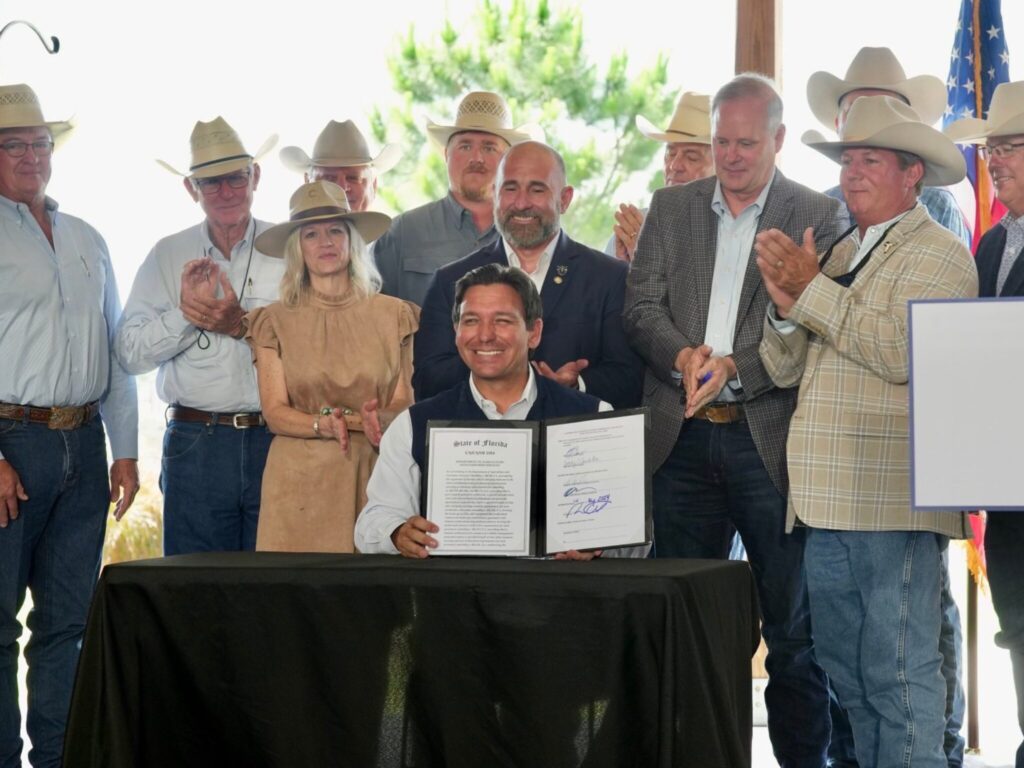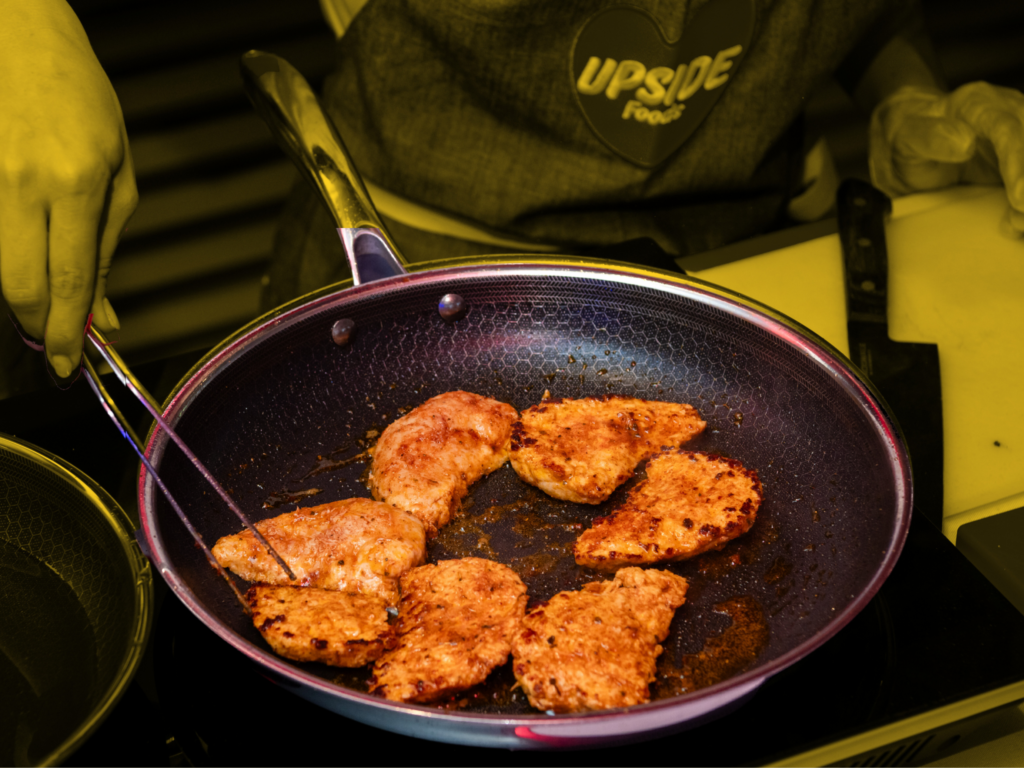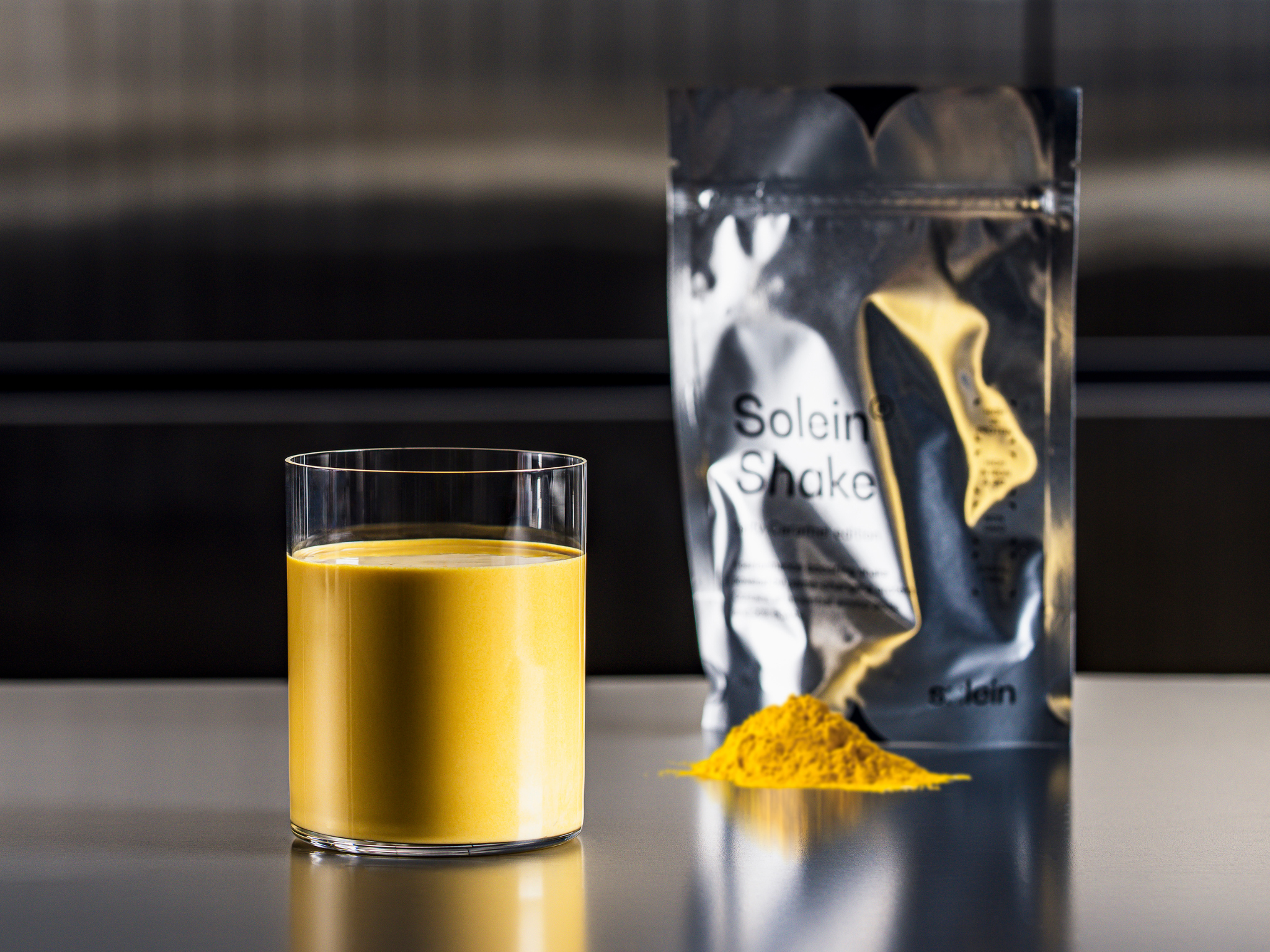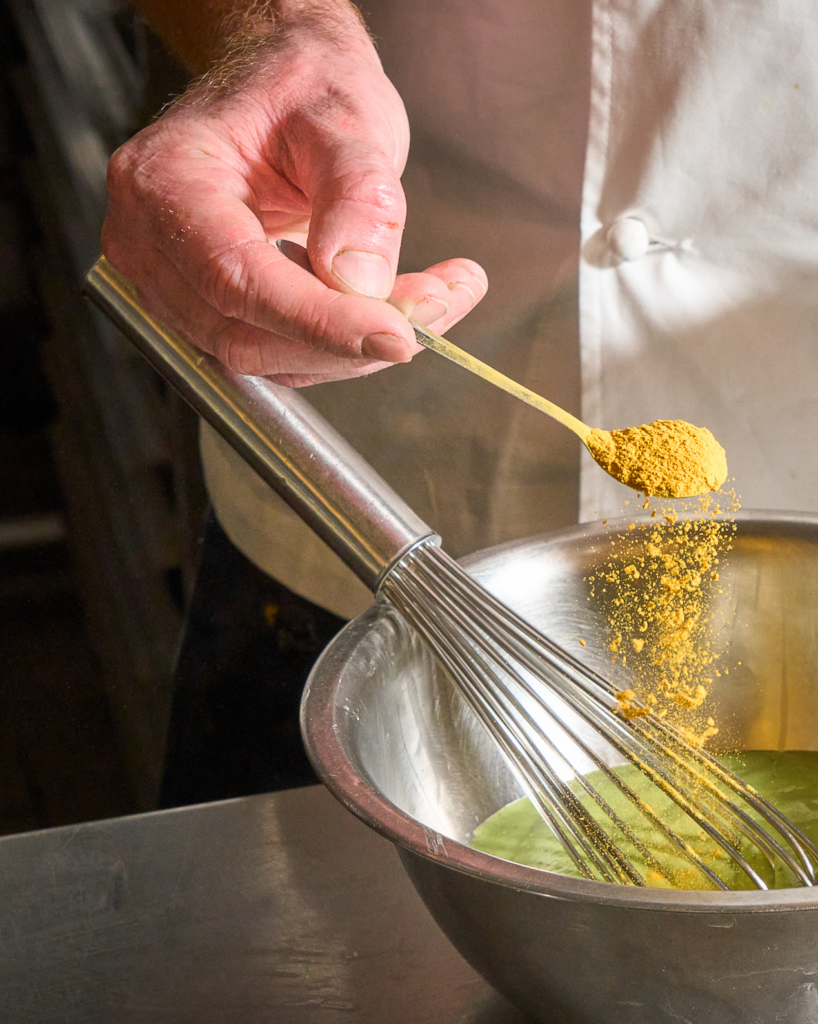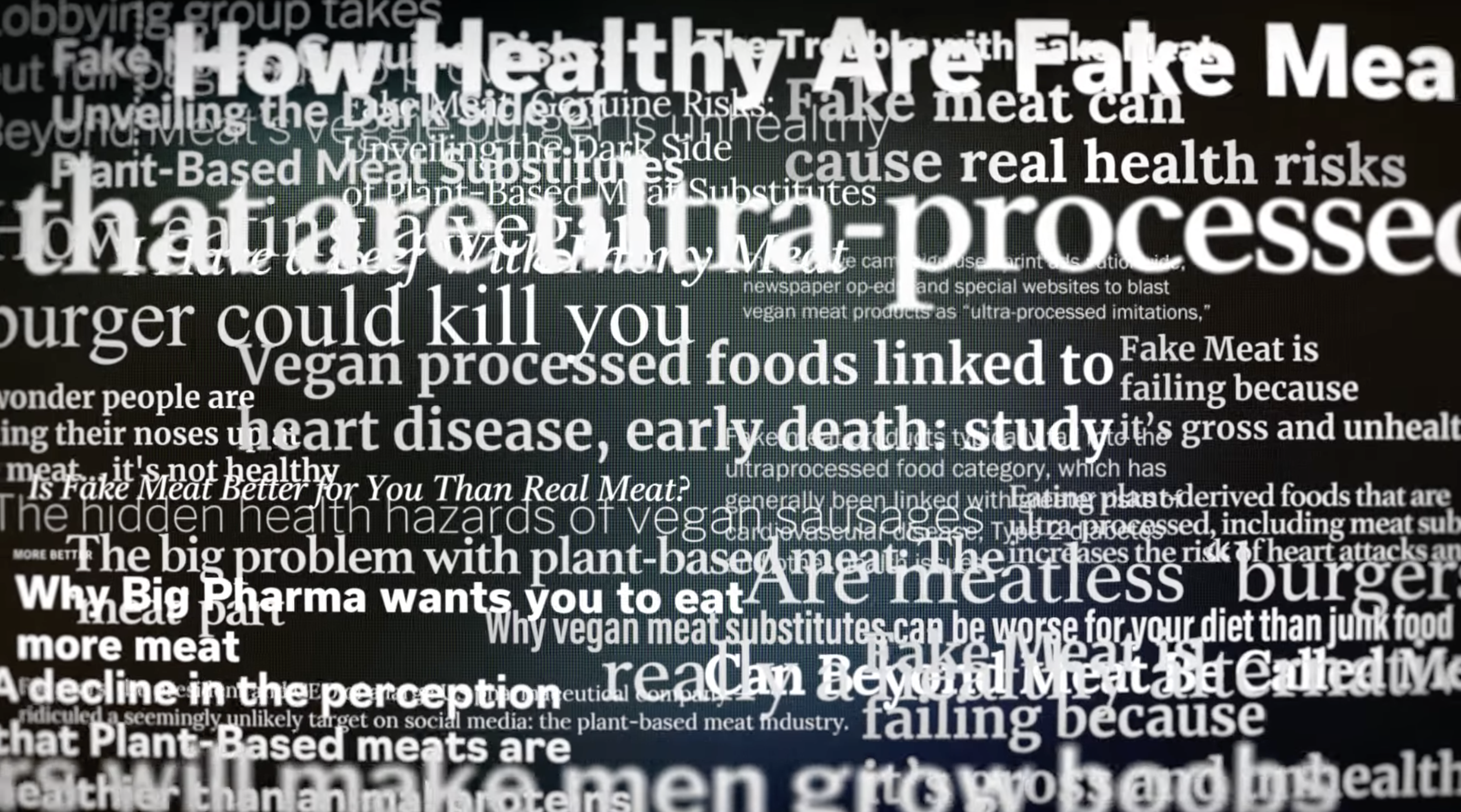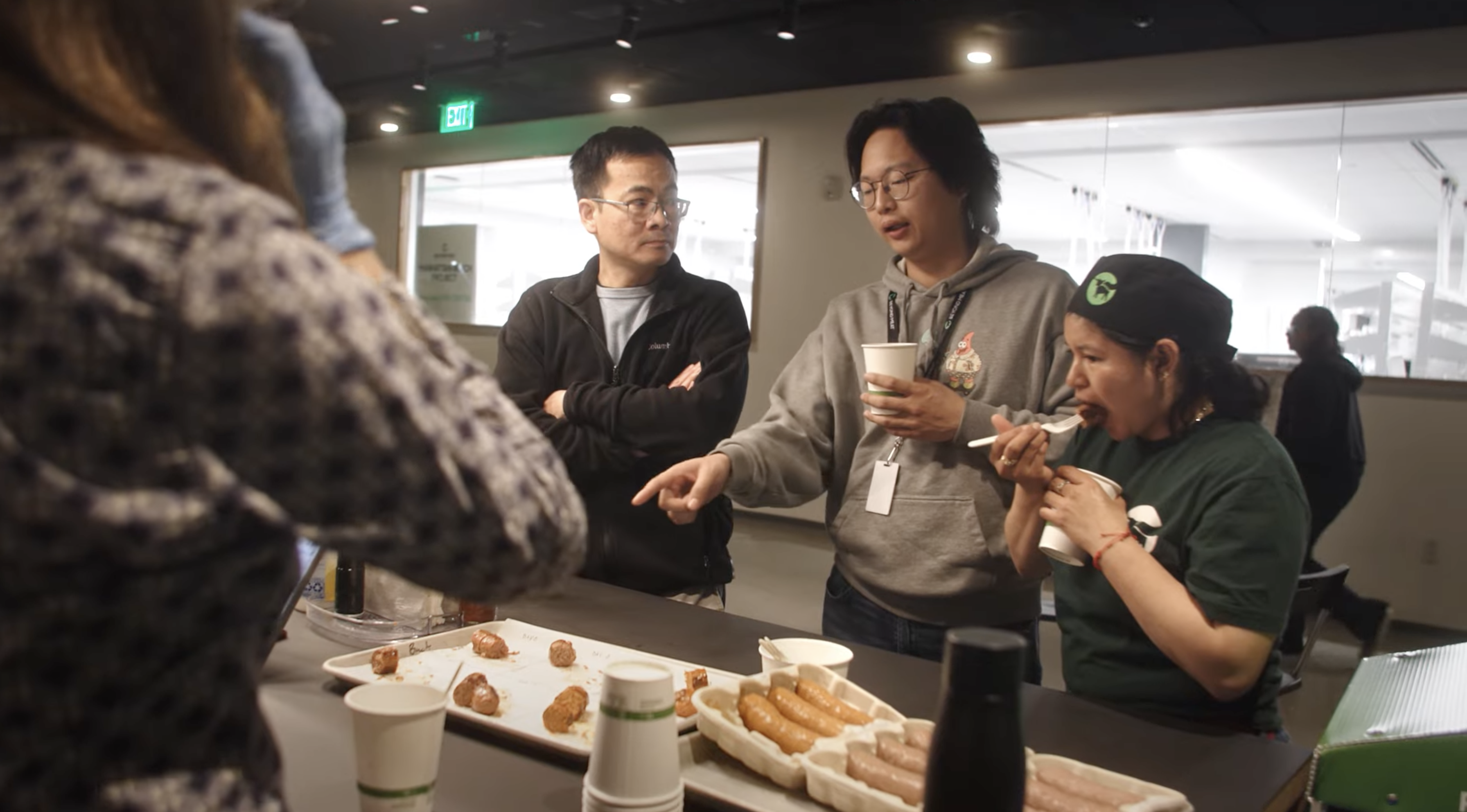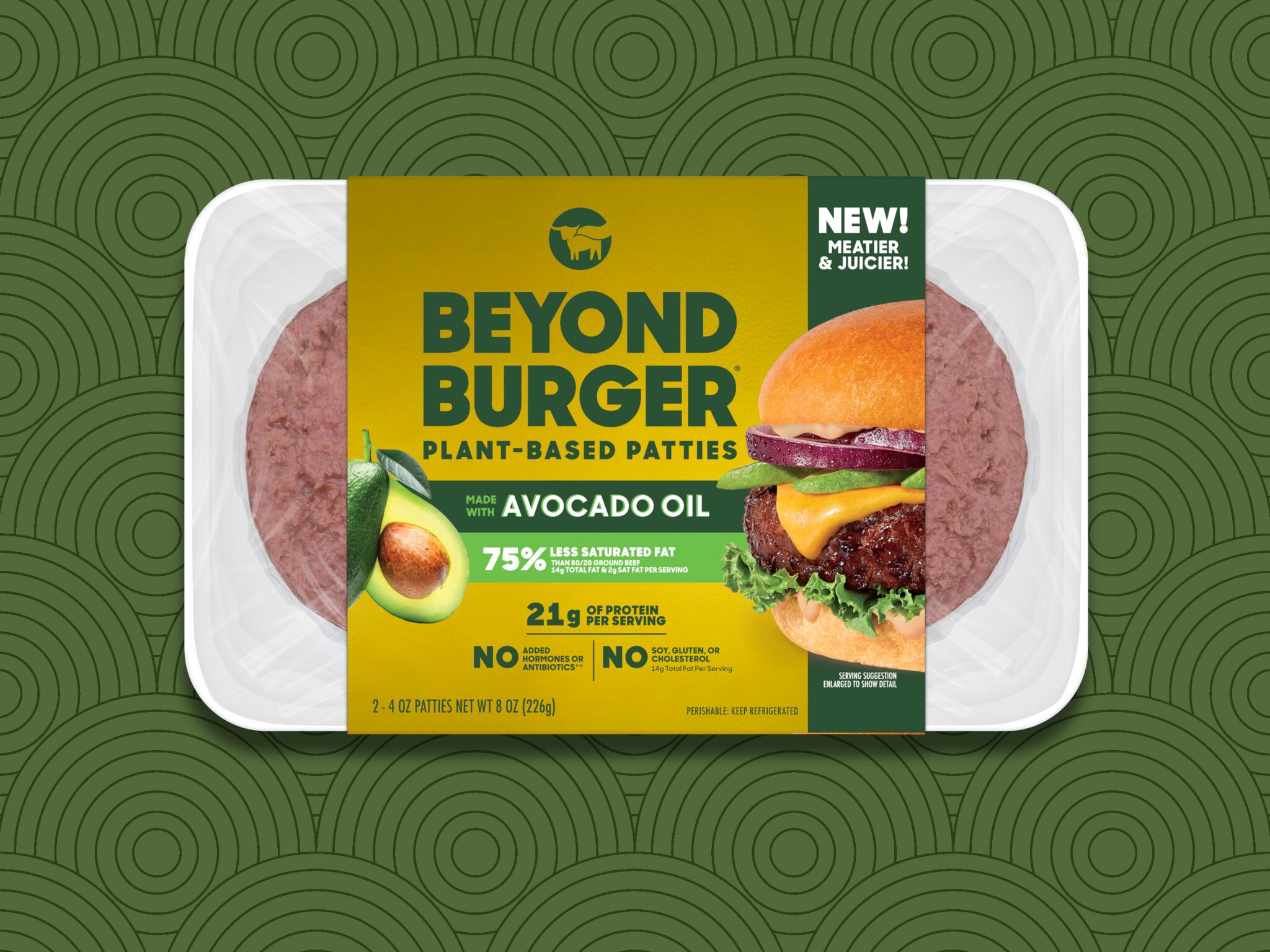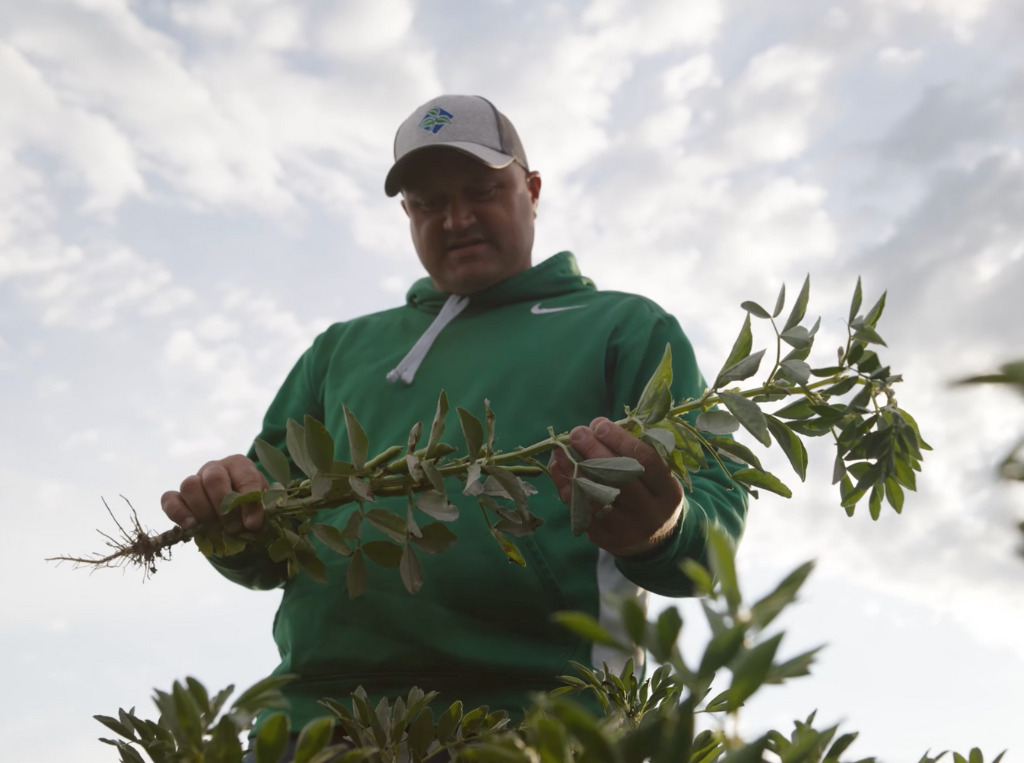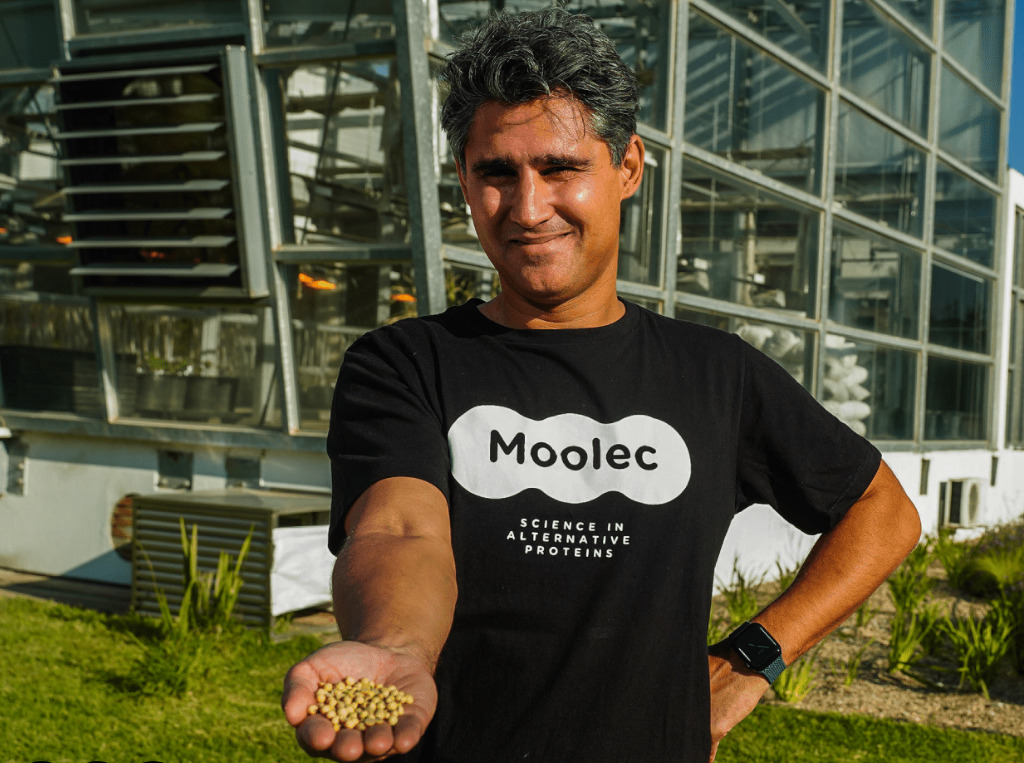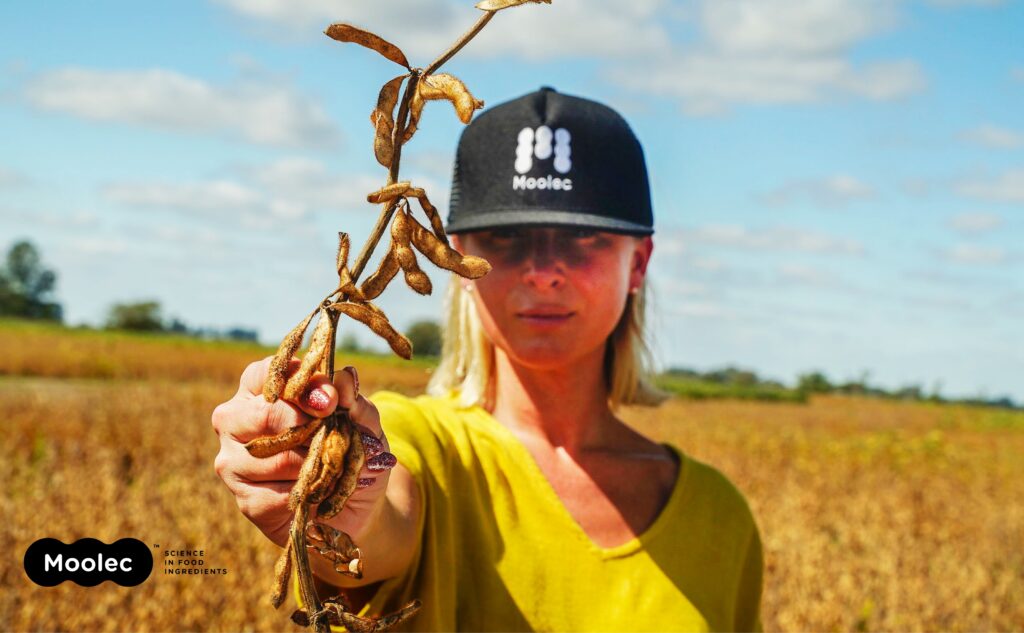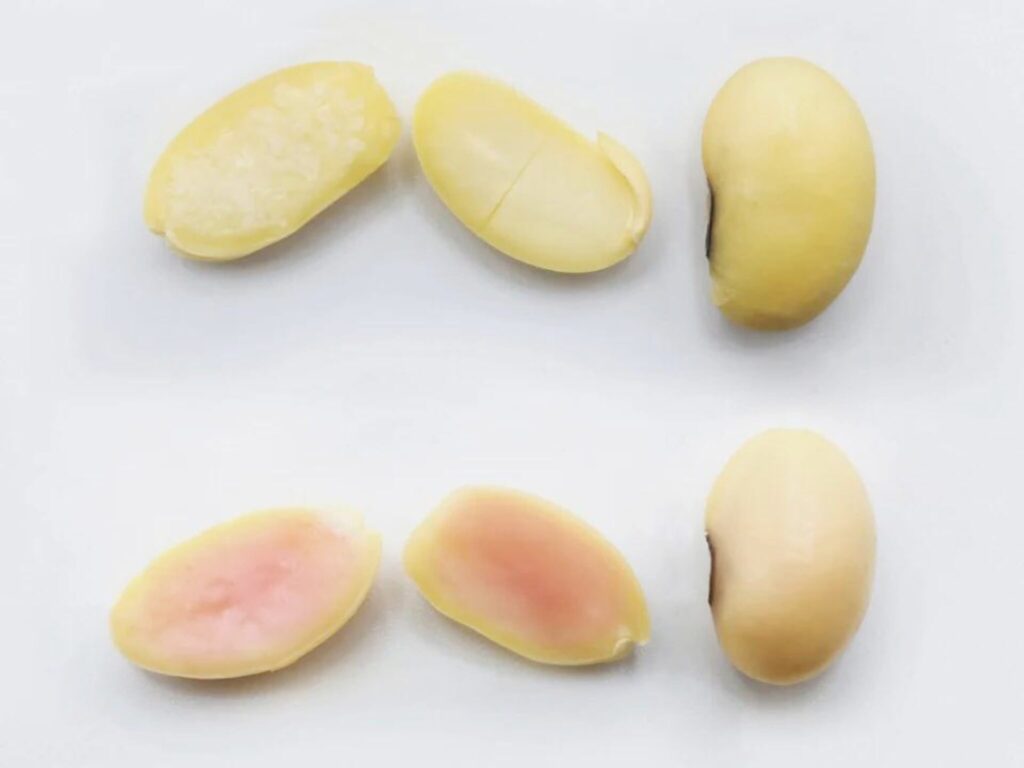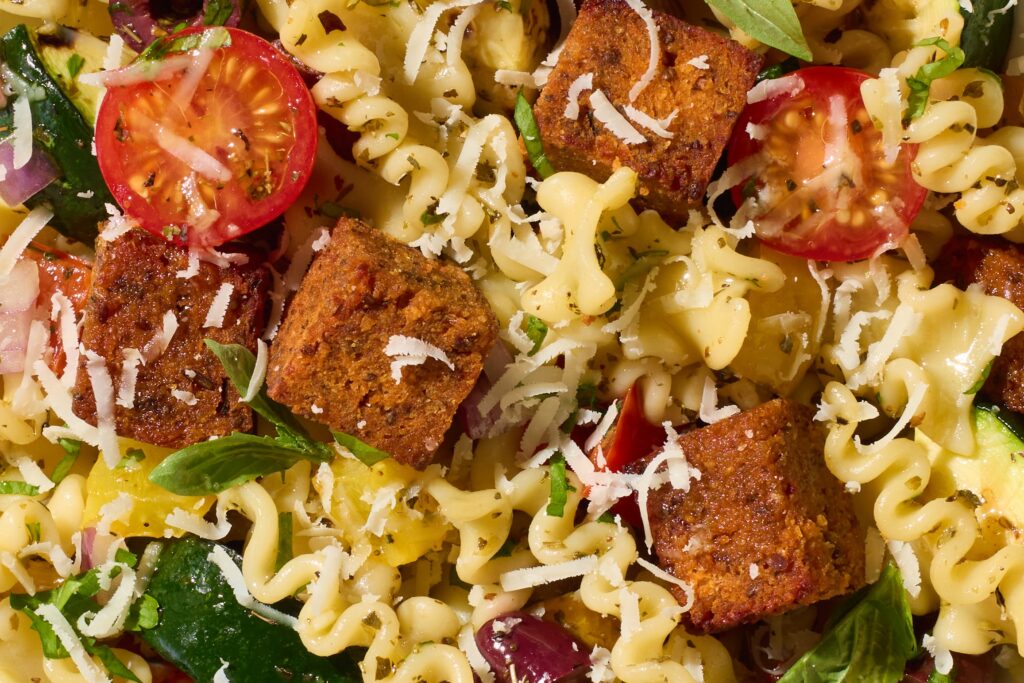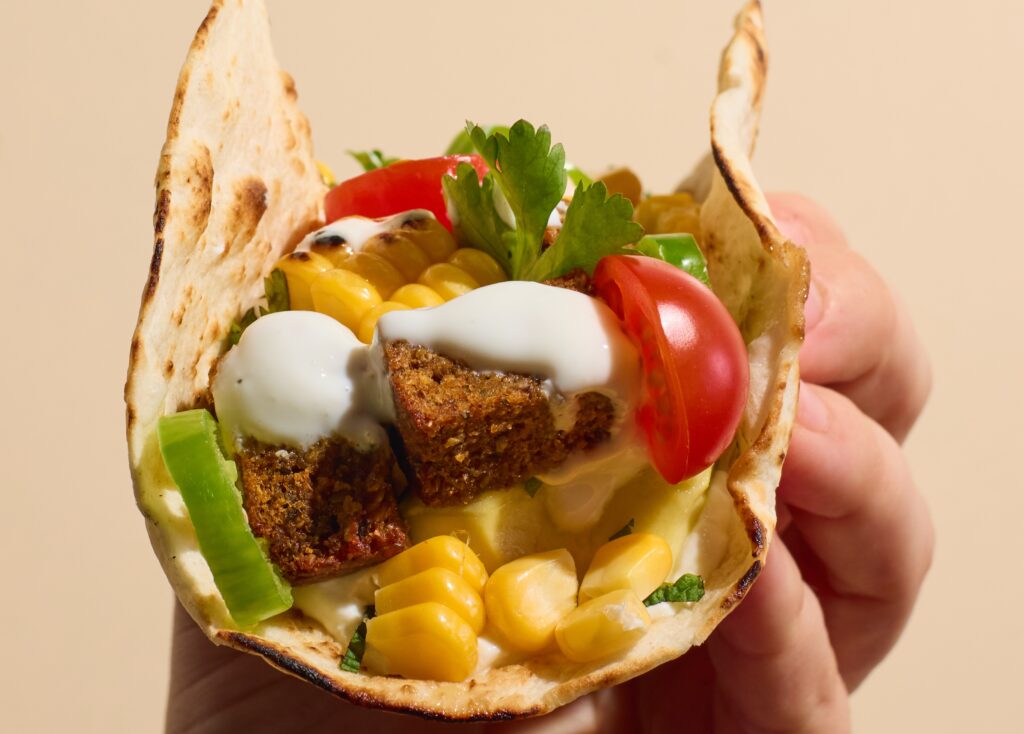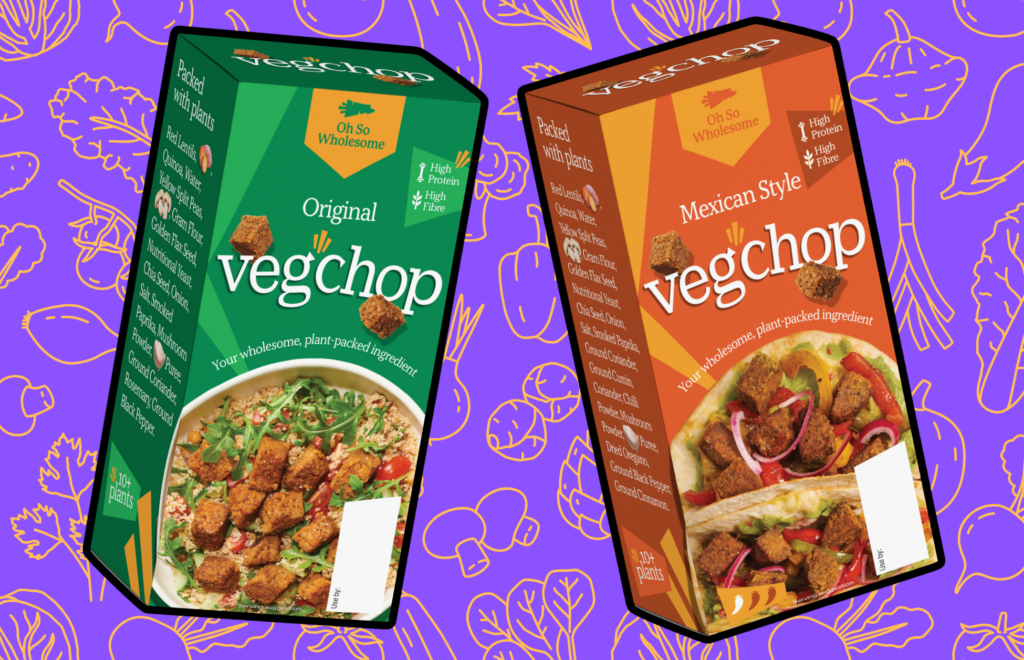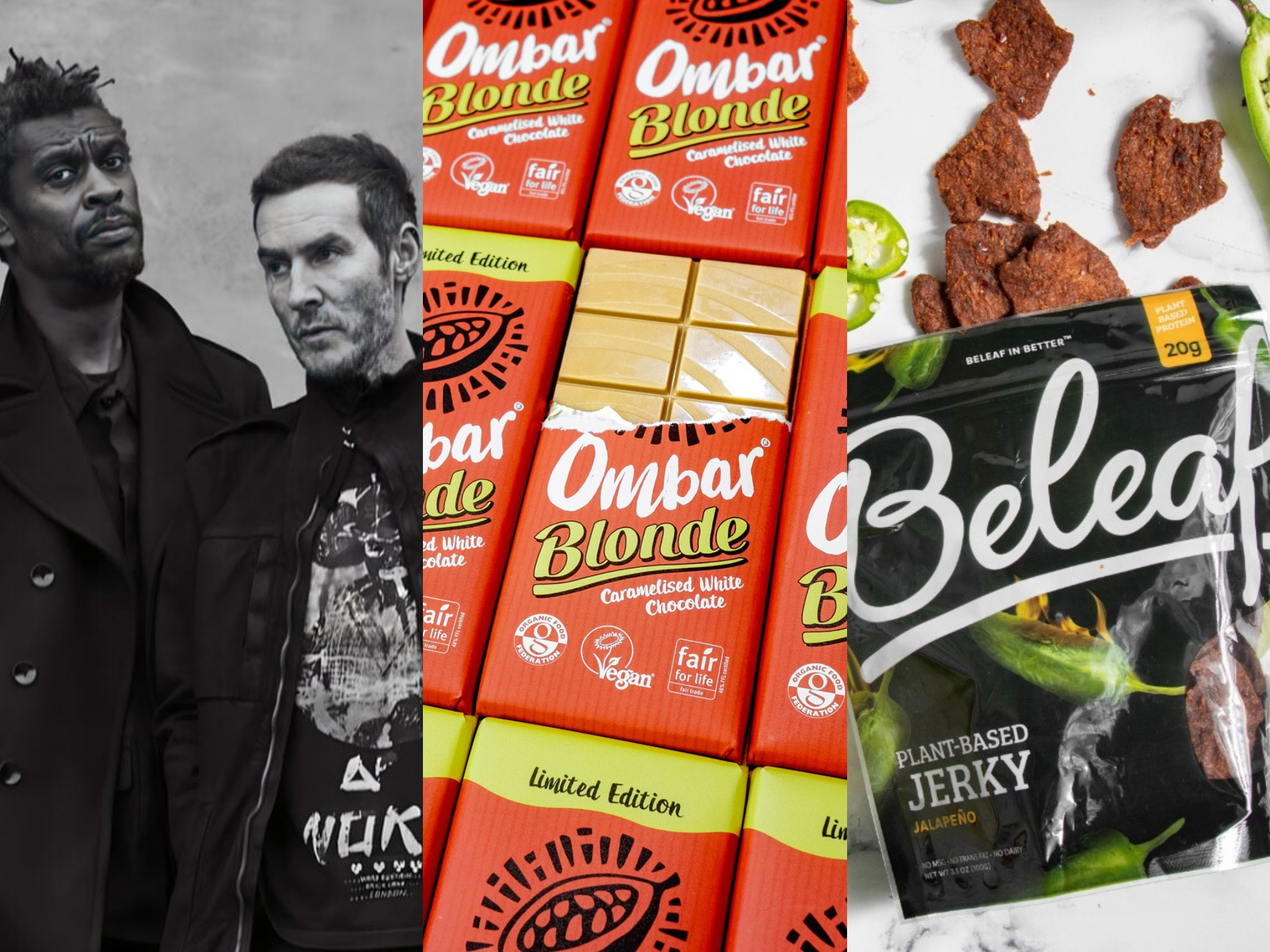
Our weekly column rounds up the latest sustainable food innovation news. This week, Future Food Quick Bites covers Massive Attack’s vegan concert, Beleaf’s plant-based meat price freeze, and the FDA’s labelling guidelines.
New products and launches
Lindt has released its oat-milk-based Lindor Vegan Truffles in Canada, with both the milk and dark chocolate versions available in 120g packs for C$12.99.

British vegan chocolate brand Ombar has re-released its Blonde Caramelised White Chocolate bar, a Nestlé Caramac copycat, on a permanent basis thanks to popular demand. The 70g bars are available for £2.75 at Tesco.
In more chocolate news, fellow UK dairy-free brand Nomo has introduced Salted Popcorn, Birthday Cake and snackable Cookie Dough bars.
UK plant-based meat brand THIS has rolled out two new SKUs at Sainsbury’s, Waitrose, and Ocado stores. The THIS Isn’t Chicken Deli Pieces contain 28g of protein per serving and are priced at £3.95 per 120g pack, and THIS Isn’t Pork Cocktail Sausages have 20g of protein and cost £2.95 per 140g.
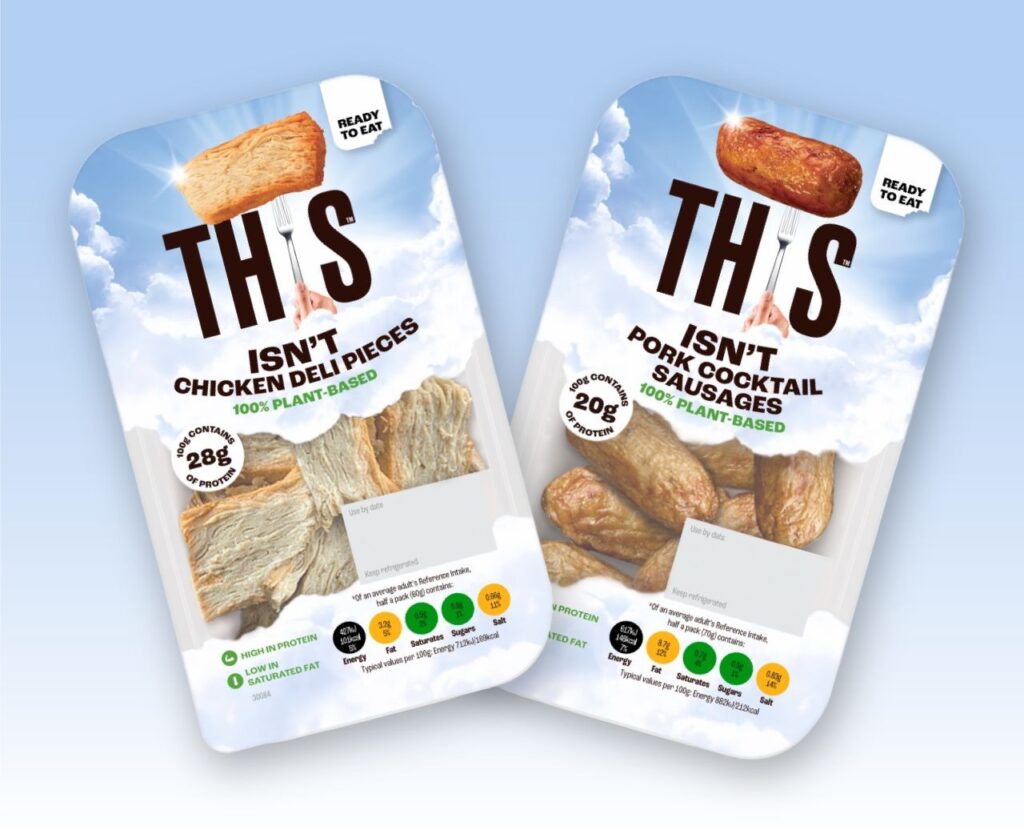
Vegan food producer Gosh!, meanwhile, has launched Mexican- and Italian-inspired snack packs called Veg Bites, which are high in ‘plant points‘ and available at Morrisons for £1.30 per 50g pack, or as part of a meal deal.
Also in the UK, Compleat Food Group’s Wall’s Pastry has expanded its meat-free range with Vegan Peppered Steak and Vegan Chicken & Mushroom slices, available for £2 per 180g pack at Tesco.
At London Coffee Festival, Califia Farms will introduce hazelnut- and pistachio-flavoured versions of its barista milk, tapping into a global trend for non-dairy milk.
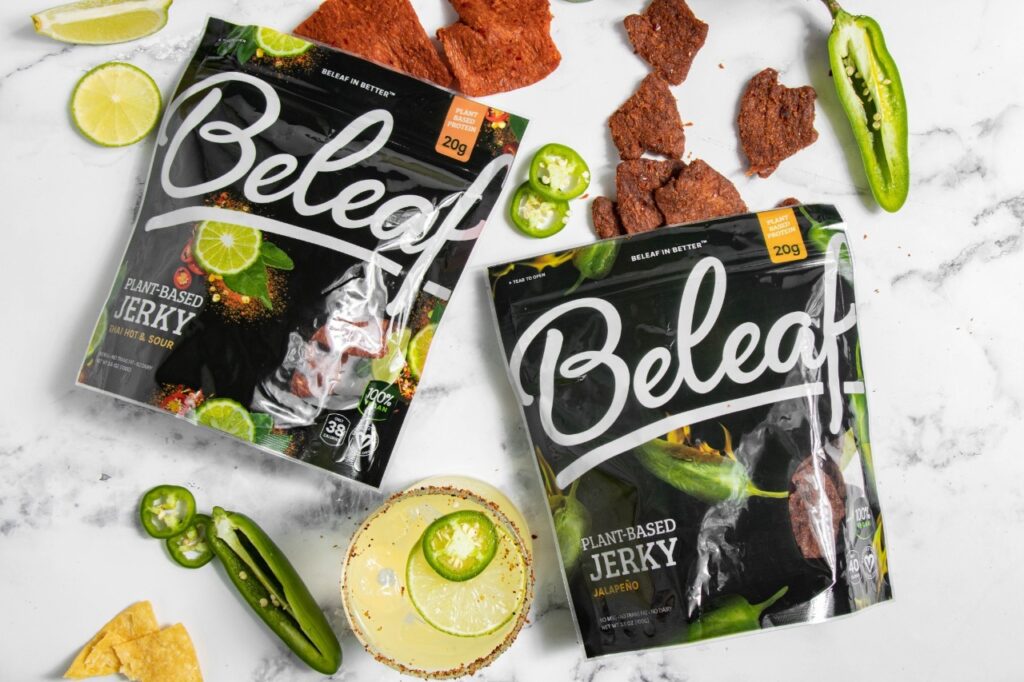
In the US, Beleaf Foods has initiated a price freeze until 2027 for its plant-based meat range to address consumer complaints about the price gap with meat, which will likely be exacerbated amid the tariff war.
Flavour giant T. Hasegawa has introduced PlantReact, a “science-driven” natural flavour technology that leverages Maillard reactions, enzymolysis, and fermentation to make better-tasting vegan chicken, beef, pork, and milk analogues.
Speaking of fermentation, ingredient manufacturer DMC Biotechnologies has launched a fermented myo-inositol for food, beverage, and supplement applications. The compound is naturally present in both plants and animals and used in nutrition products, but suffers from sustainability, traceability and supply issues.

In the Netherlands, Beyond Meat has rolled out its jalapeño burger at 750 Albert Heijn stores, 75 Plus locations, and online retailer PicNic, and expanded its availability at Jumbo to 150 doors.
Austrian plant protein player Revo Foods, known for its 3D-printed seafood analogues, has kickstarted a crowdfunding campaign and has already raised €1.2M of its €2M goal.

And Spanish biotech firm MOA Foodtech has unveiled Albatros, an AI-driven microbiology platform to help manufacturers identify agricultural sidestreams to turn into valuable products through fermentation.
Company and finance updates
Popular vegan seafood chain Planta has filed for Chapter 11 bankruptcy protection, citing a need to cut costs as consumers cut back on dining out. The move will provide it with a “strategic opportunity to streamline our cost structure and strengthen our balance sheet”.
Shoofly, a vegan wholesale bakery in Portland, Oregon, has shuttered after its staff walked out over alleged late payments and dissatisfaction with its new owner. Now, one supervisor has started a GoFundMe page to help compensate employees for lost wages, and either buy the bakery or start their own.

US startup Sennos (formerly Precision Fermentation) has secured $15M to expand its AI-powered fermentation platform for biofuels, biopharma, and alternative proteins.
Cultivated meat firm Upside Foods has appointed John Mitchell as its new VP of sales. He was previously the chief product officer at alt-seafood startup Konscious Foods.
Finnish food tech firm Foodiq has raised $11.1M to scale up its multi-layer cooker technology for clean-label dairy and alternative proteins, and expand internationally.

In the UK, Manchester’s fully electric Co-op Live venue will go fully vegan for the show headlined by trip-hop band Massive Attack next month. The band has been pioneering low-carbon concerts and held a fully plant-based festival last year too.
Precision fermentation firm Better Dairy has diversified its portfolio with the successful production of osteopontin, a functional bioactive protein found in mammalian milk, bones, and tissue.
British fermented food brand The Cultured Collective has brought in James Robinson as chair and non-executive director. He holds a similar position at The Bold Bean Company.

South Korea’s S&S LAB and Indonesia’s Future Lestari have joined forces to launch Turion Labs, a new biotech platform in Singapore that plans to build a regional network of facilities to support early-stage biotech ventures.
Vegan cheesemaker Violife says it is now the leading plant-based cheese brand in Canada, capturing a third of all sales in the market.
New Zealand’s Life Health Foods has decided to withdraw its Bean Supreme line of meat-free sausages, burgers and mince from the market, citing “tough market conditions” and changing consumer behaviours.
Research and policy developments
In the US, Oklahoma Governor Kevin Stitt has signed HB 1126 into law, a false advertising bill that requires producers to disclose clearly that cultivated and plant-based meat products are not meat. Violators could face misdemeanour charges.
The US Food and Drug Administration has extended the public consultation for its front-of-package labelling update by another 90 days, with the deadline now set for July 15.

In a study co-funded by New Zealand’s Ministry for Primary Industries, the Cawthron Institute and Nutrition from Water have identified 14 microalgae strains with a naturally high protein concentration of over 40%, which the latter will use to create affordable nutrition prototypes under its Marine Whey series.
Finally, a scientist at the Malaysian Agro-Biotechnology Institute’s Food Biotechnology Department has developed a vegan burger patty from grey oyster mushrooms, a widely cultivated but underused variety of fungi in the country.
Check out last week’s Future Food Quick Bites.
The post Future Food Quick Bites: Massive Attack, Blonde Chocolate & A Price Freeze appeared first on Green Queen.
This post was originally published on Green Queen.

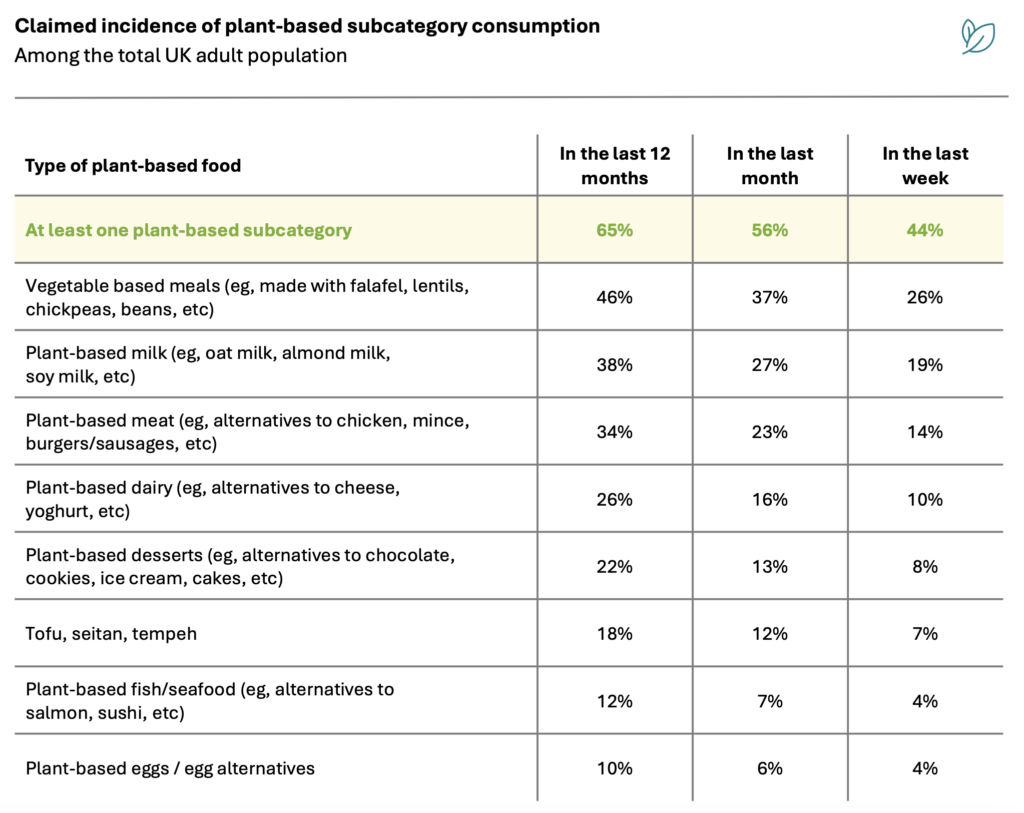

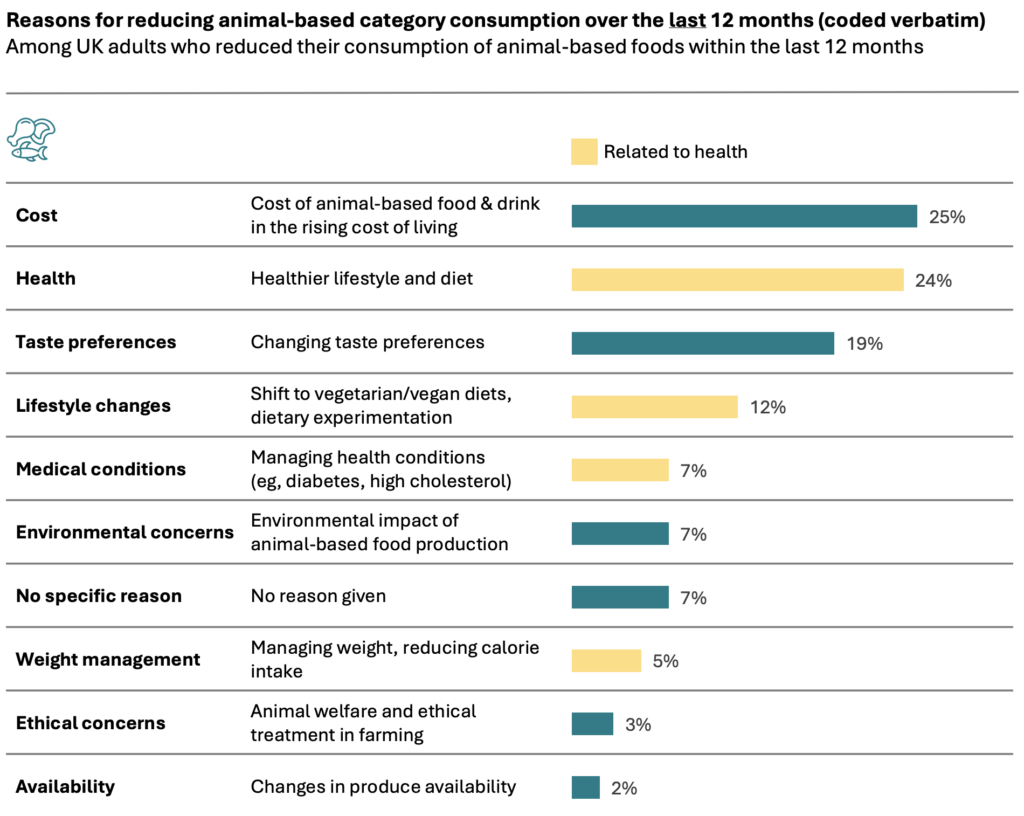
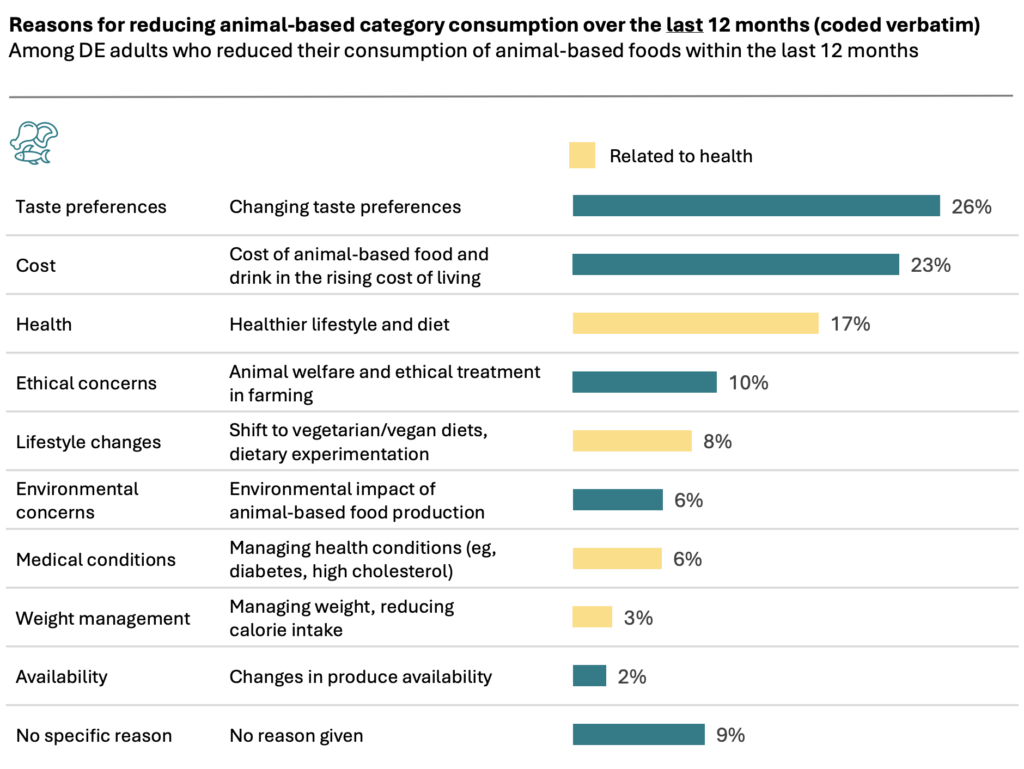
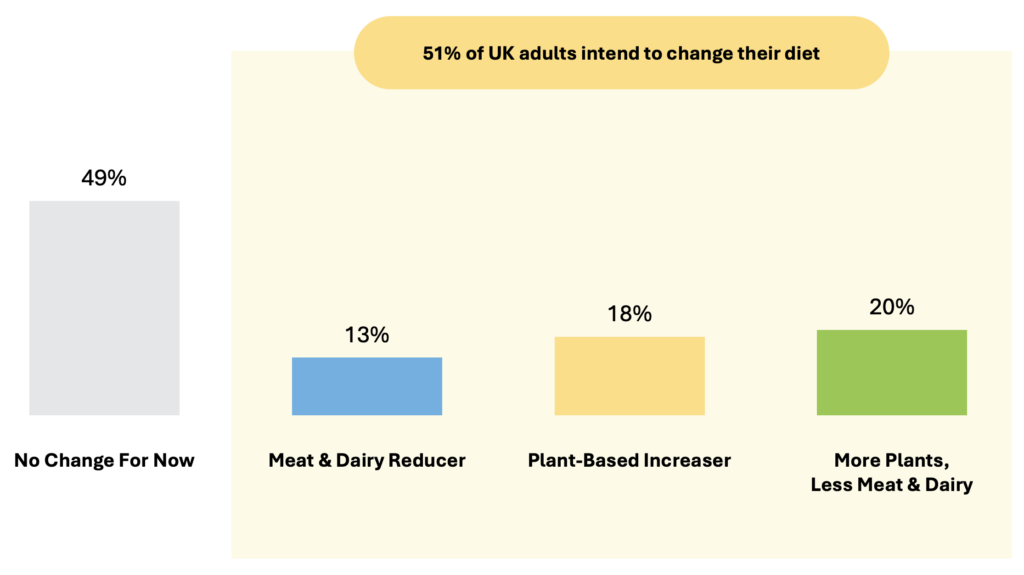
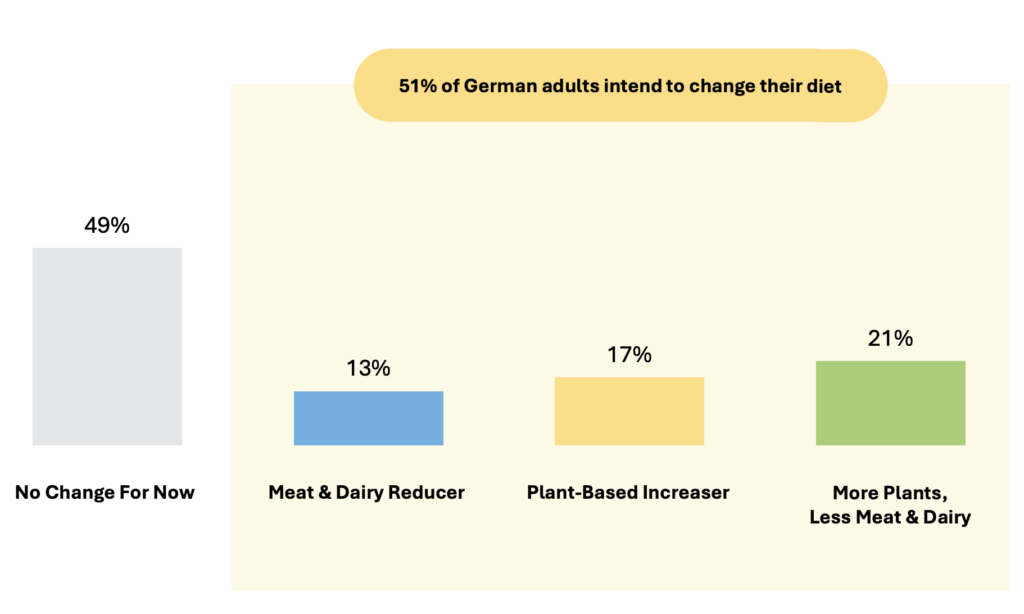
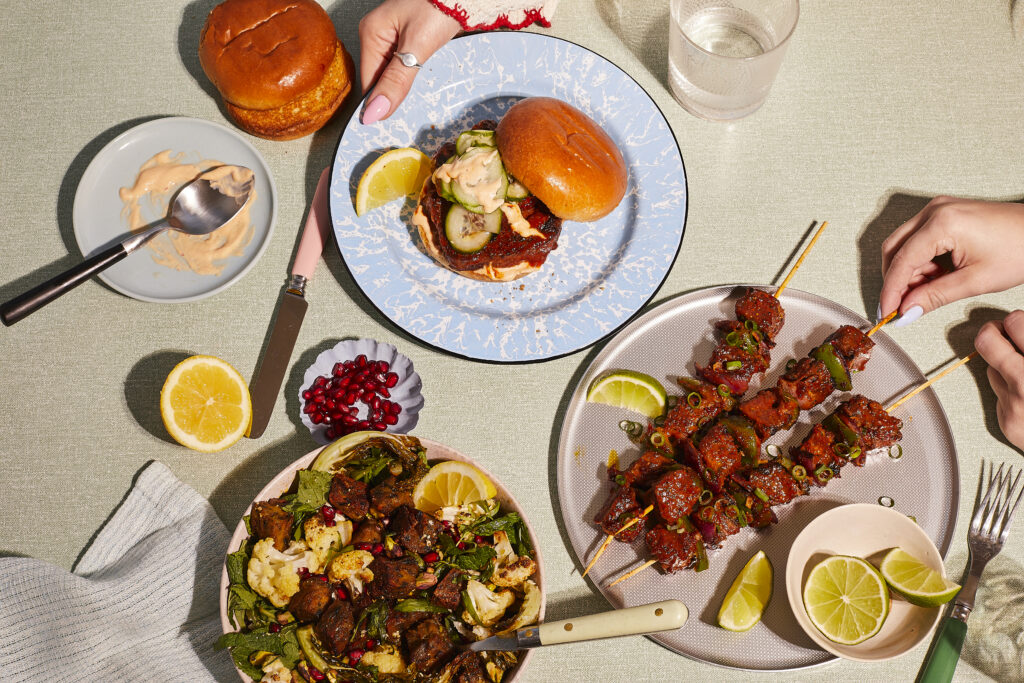
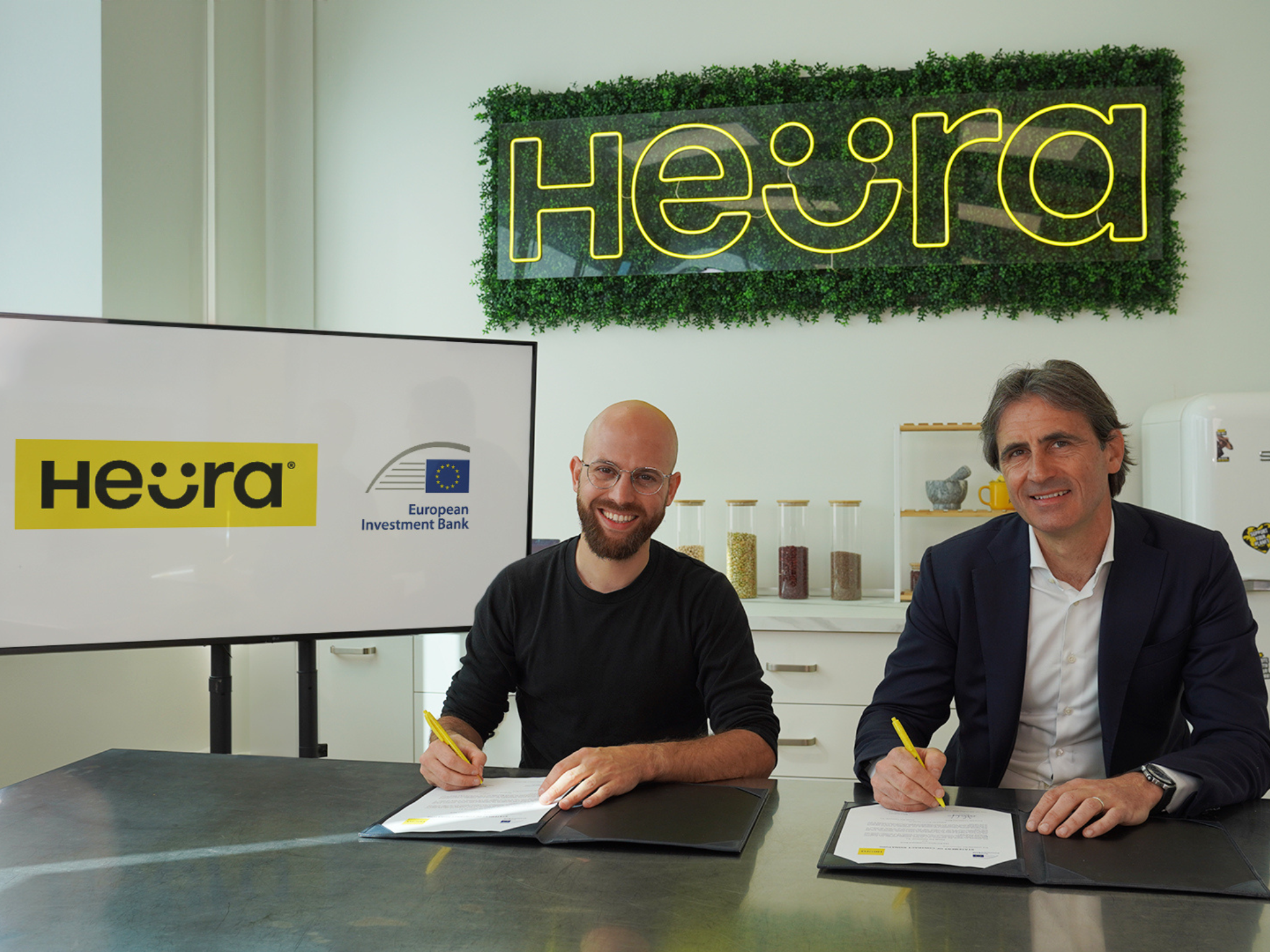

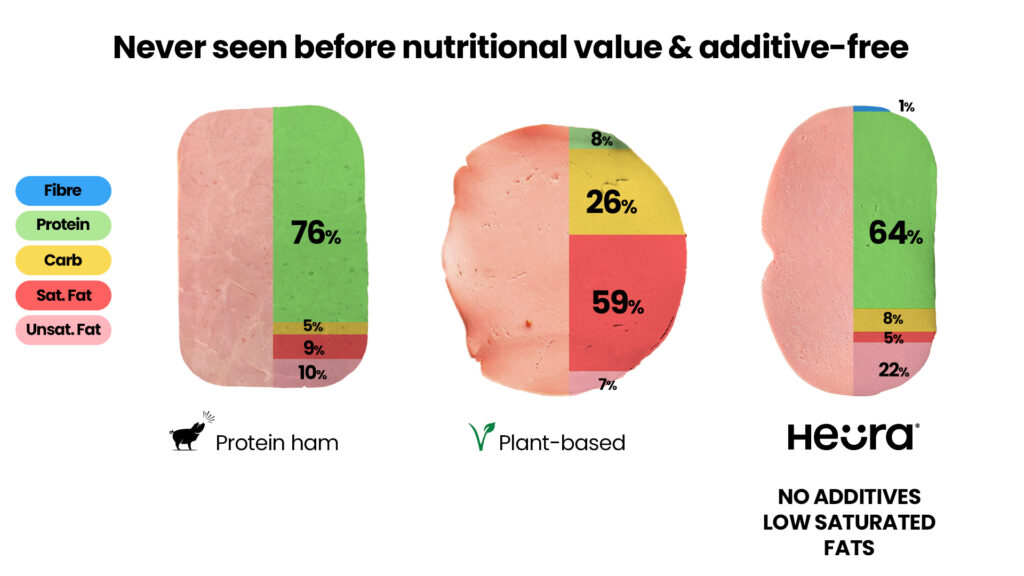
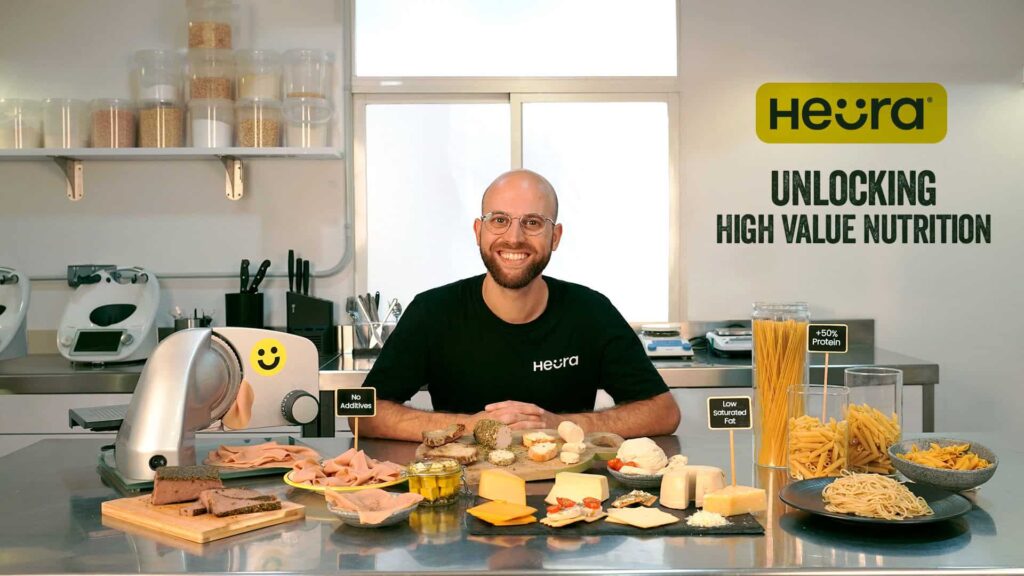





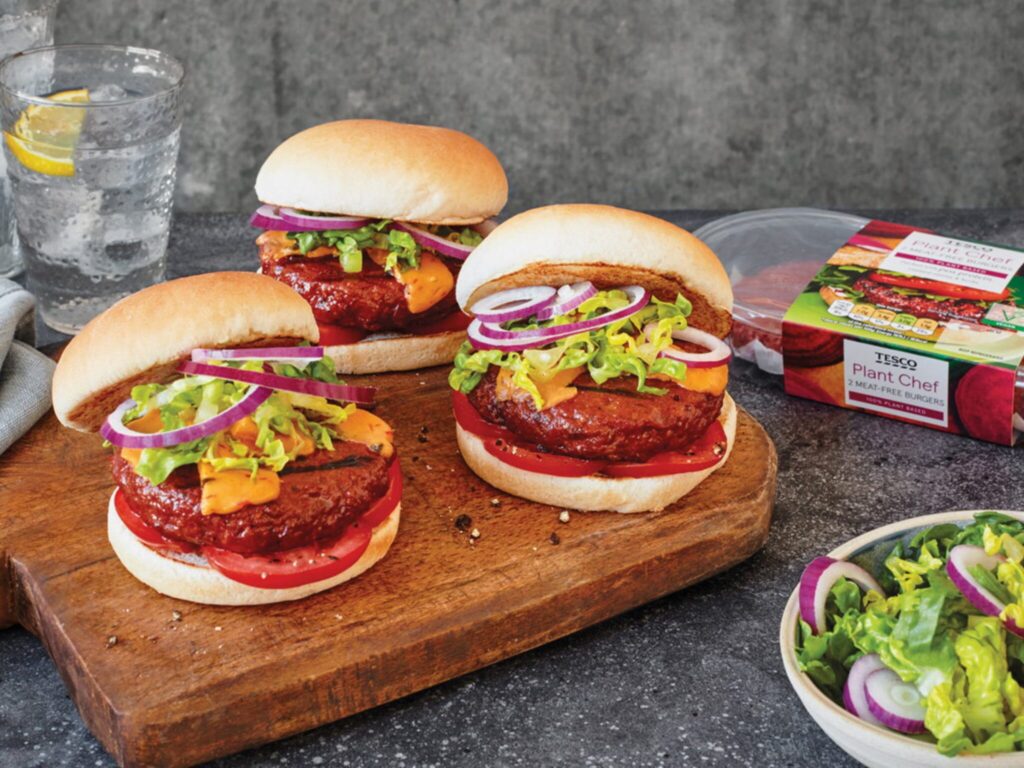

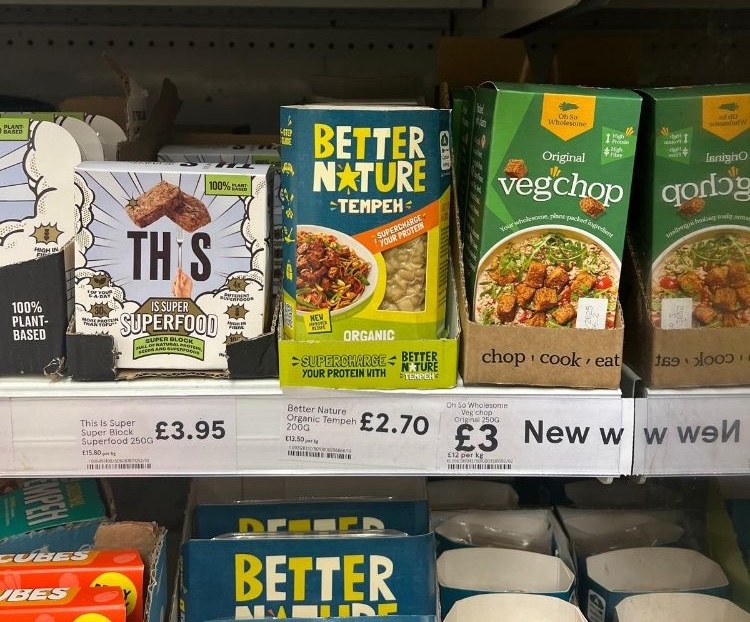


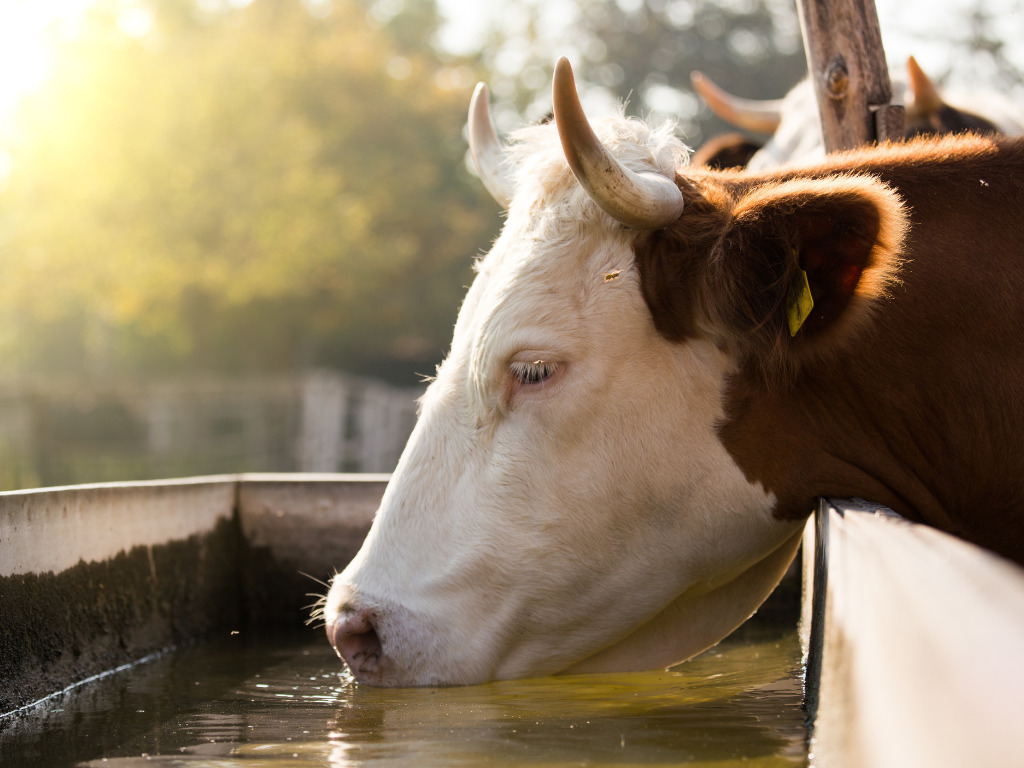



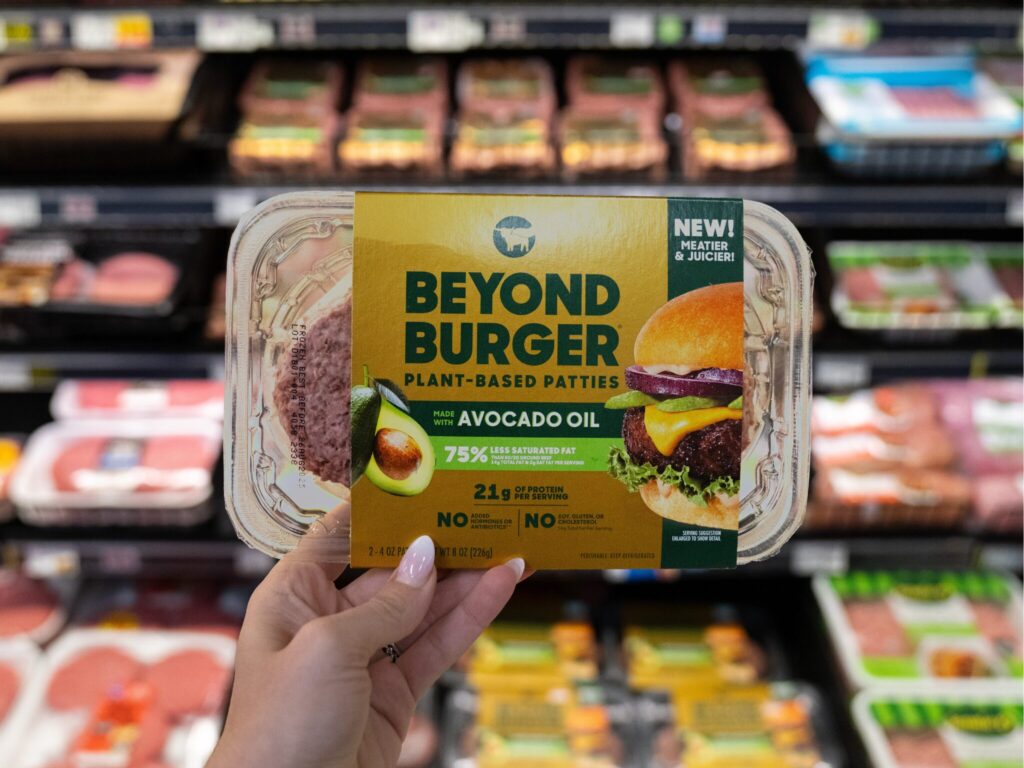



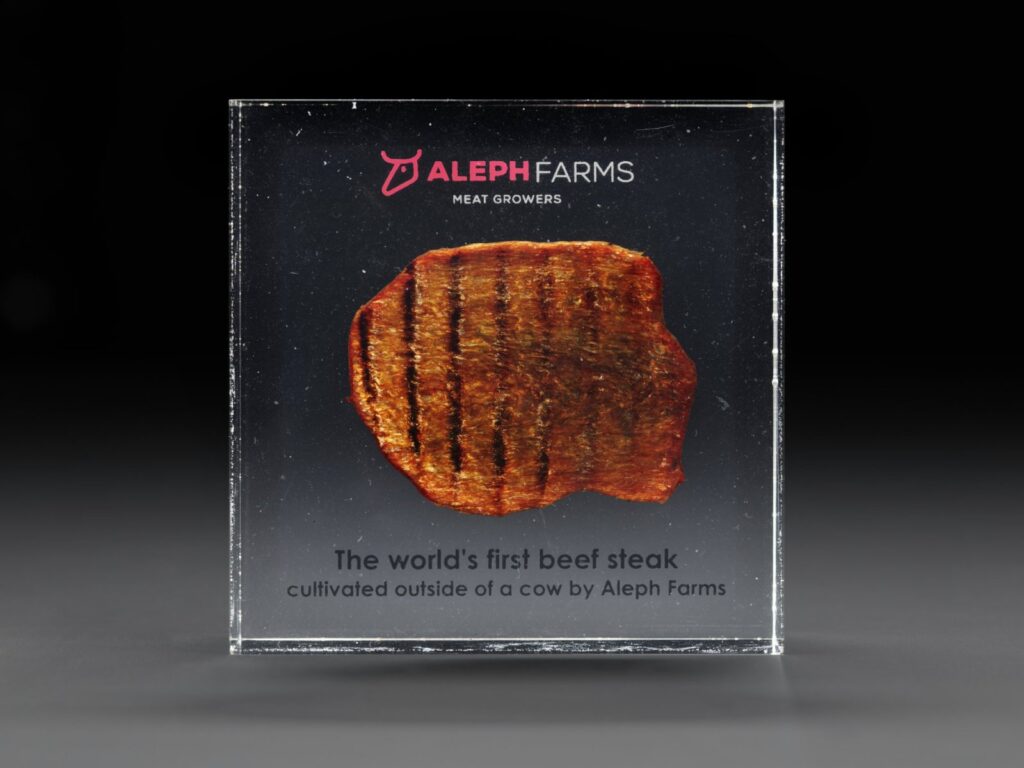


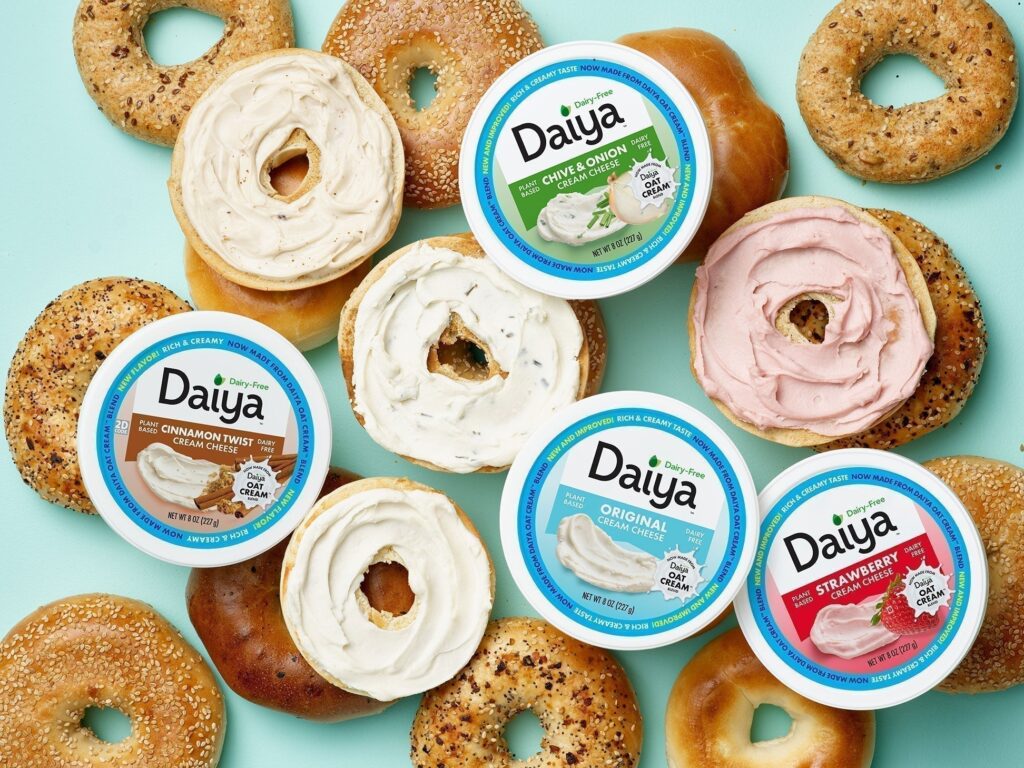

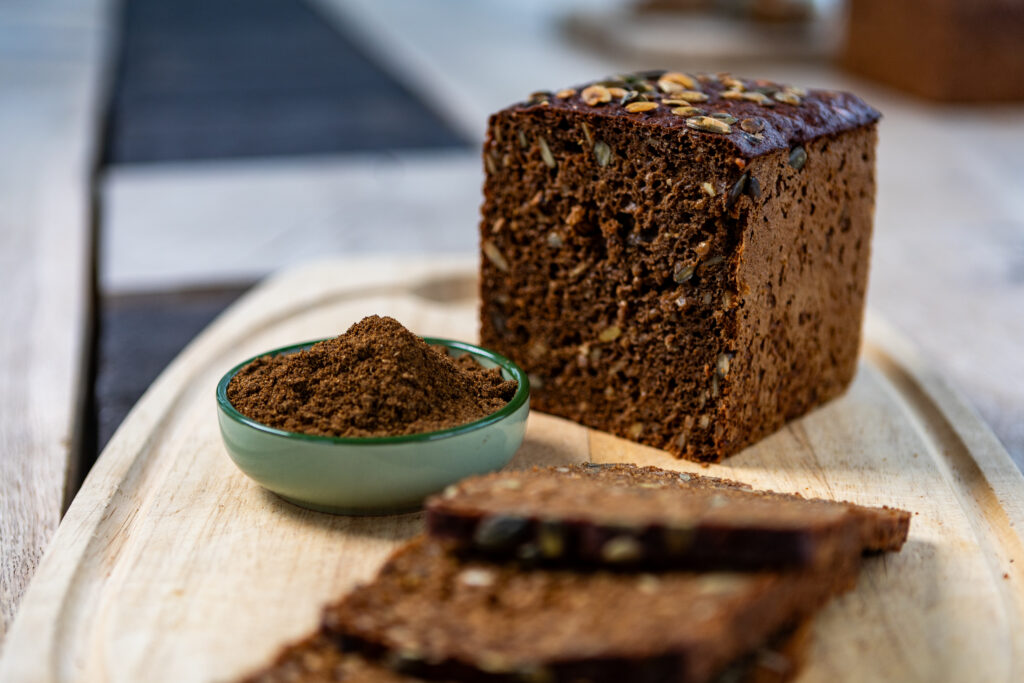

 SAVE OUR BEEF
SAVE OUR BEEF

 (@lemmiwinkster)
(@lemmiwinkster) 


